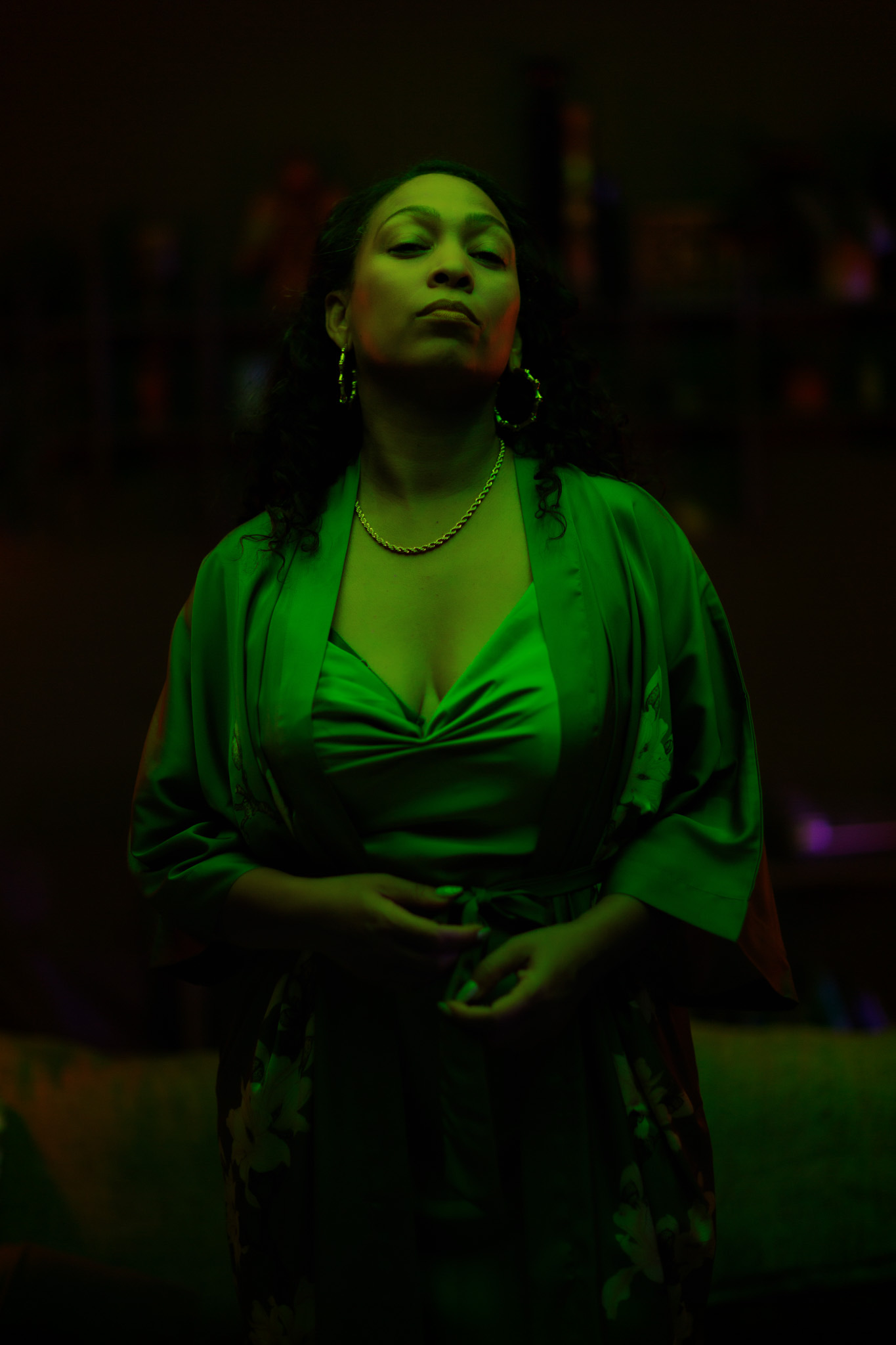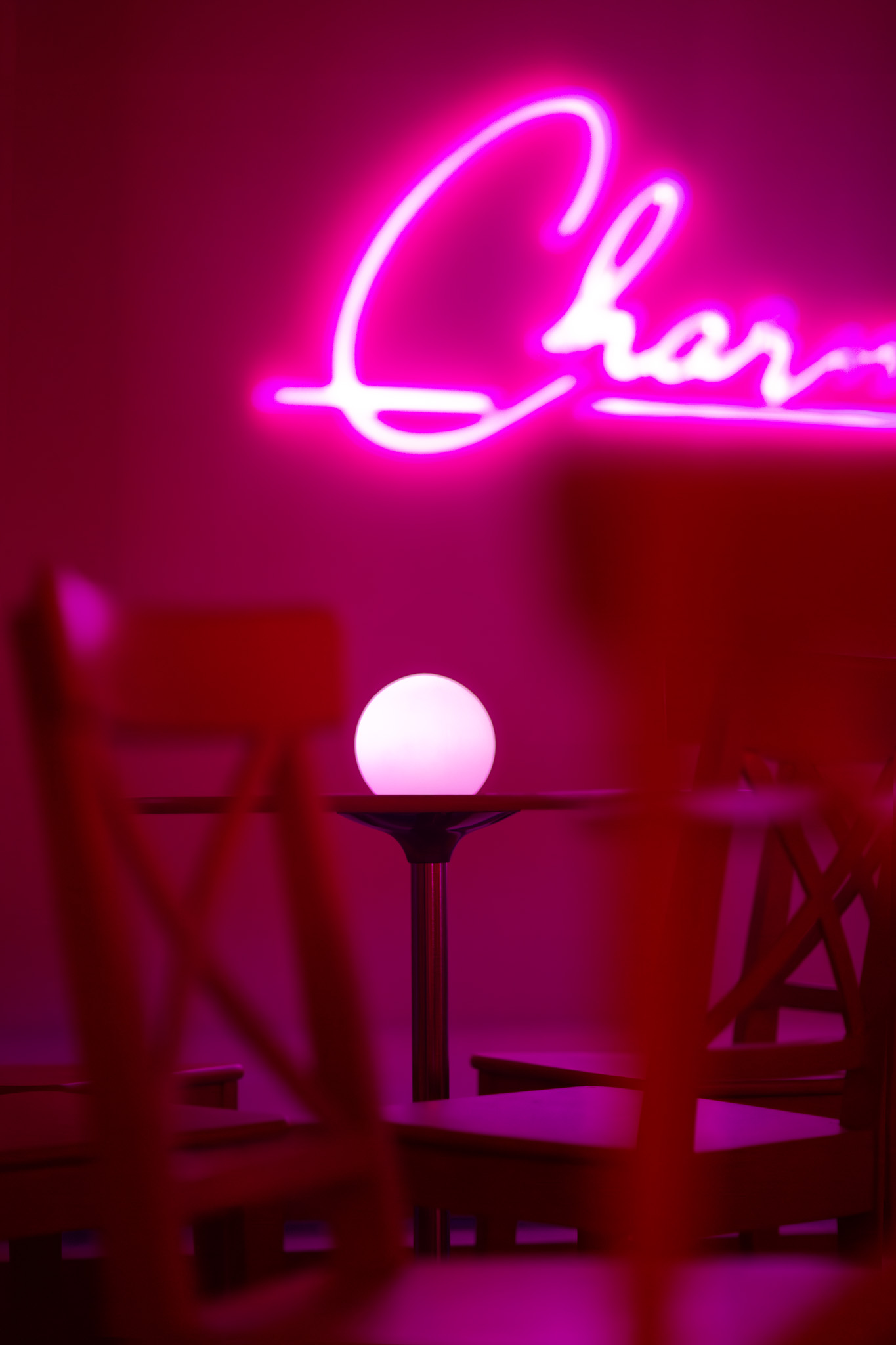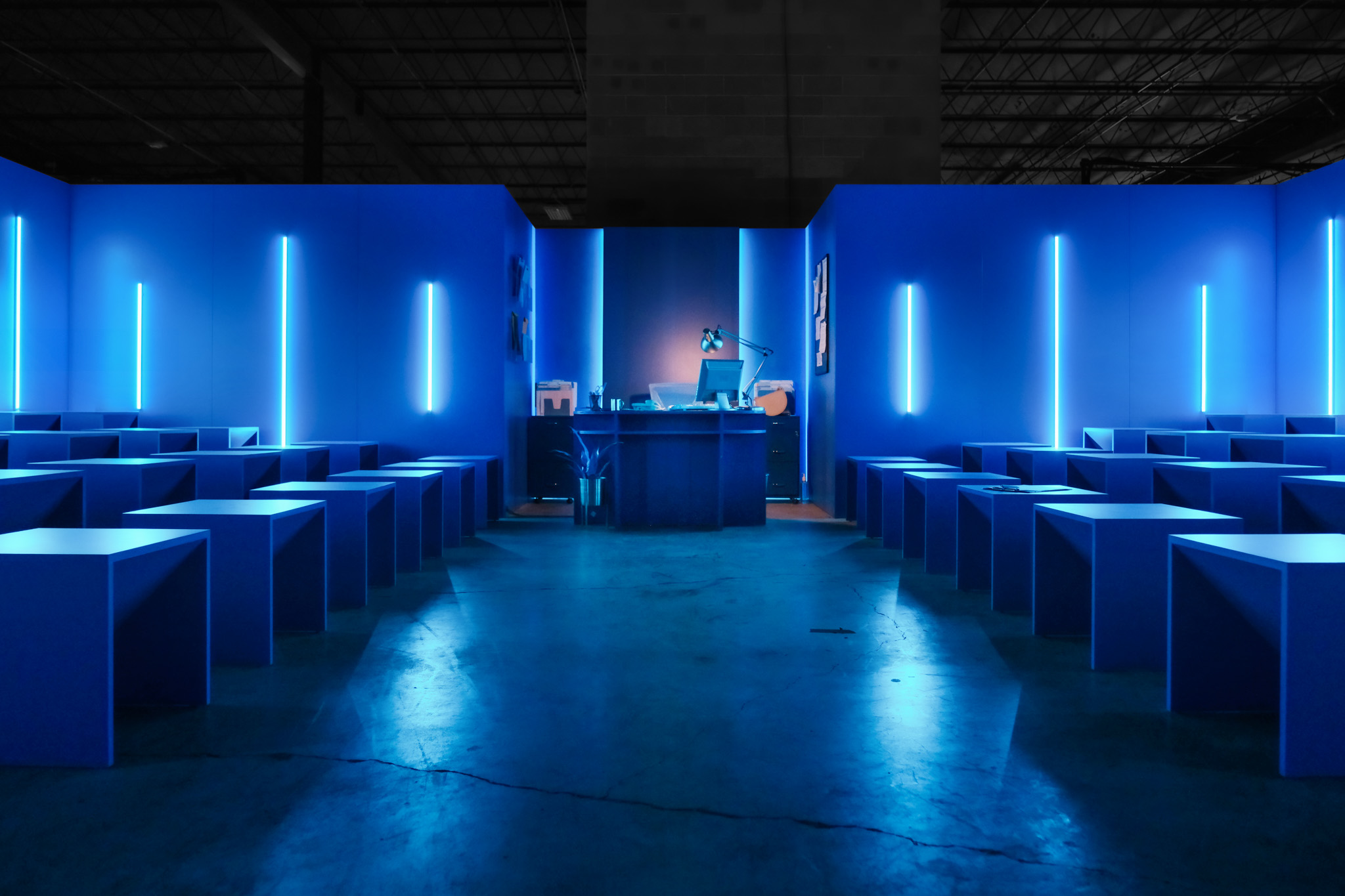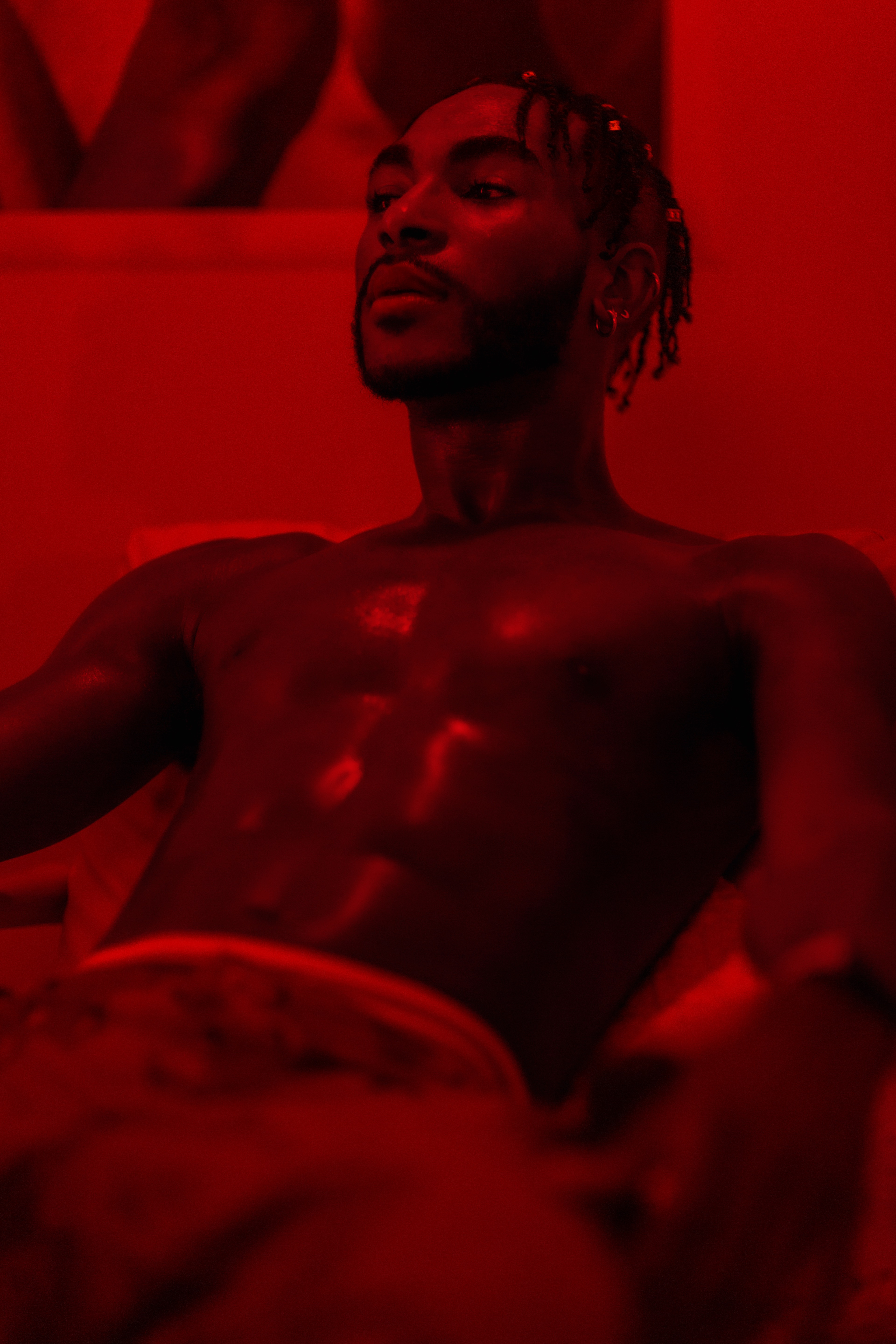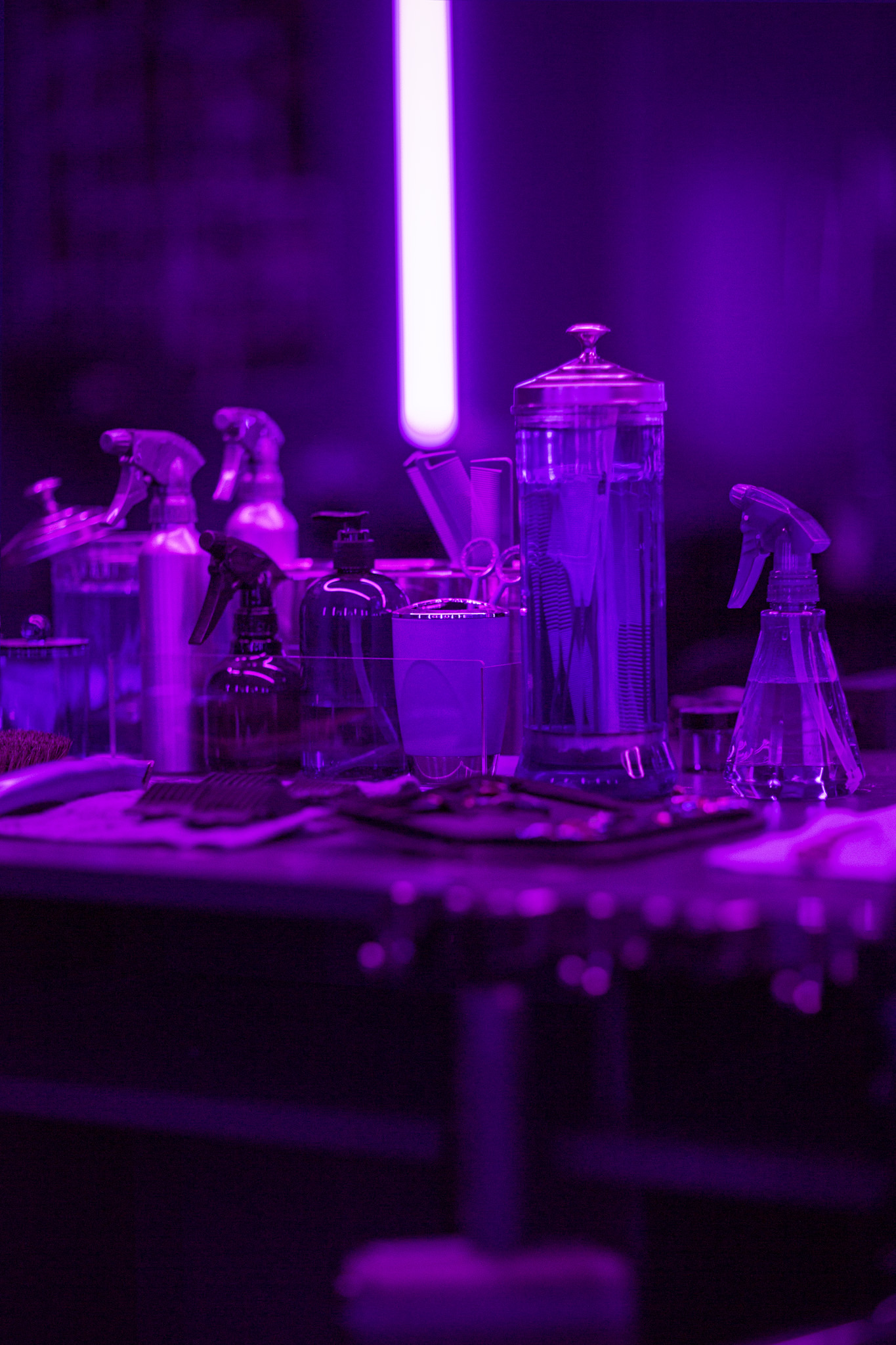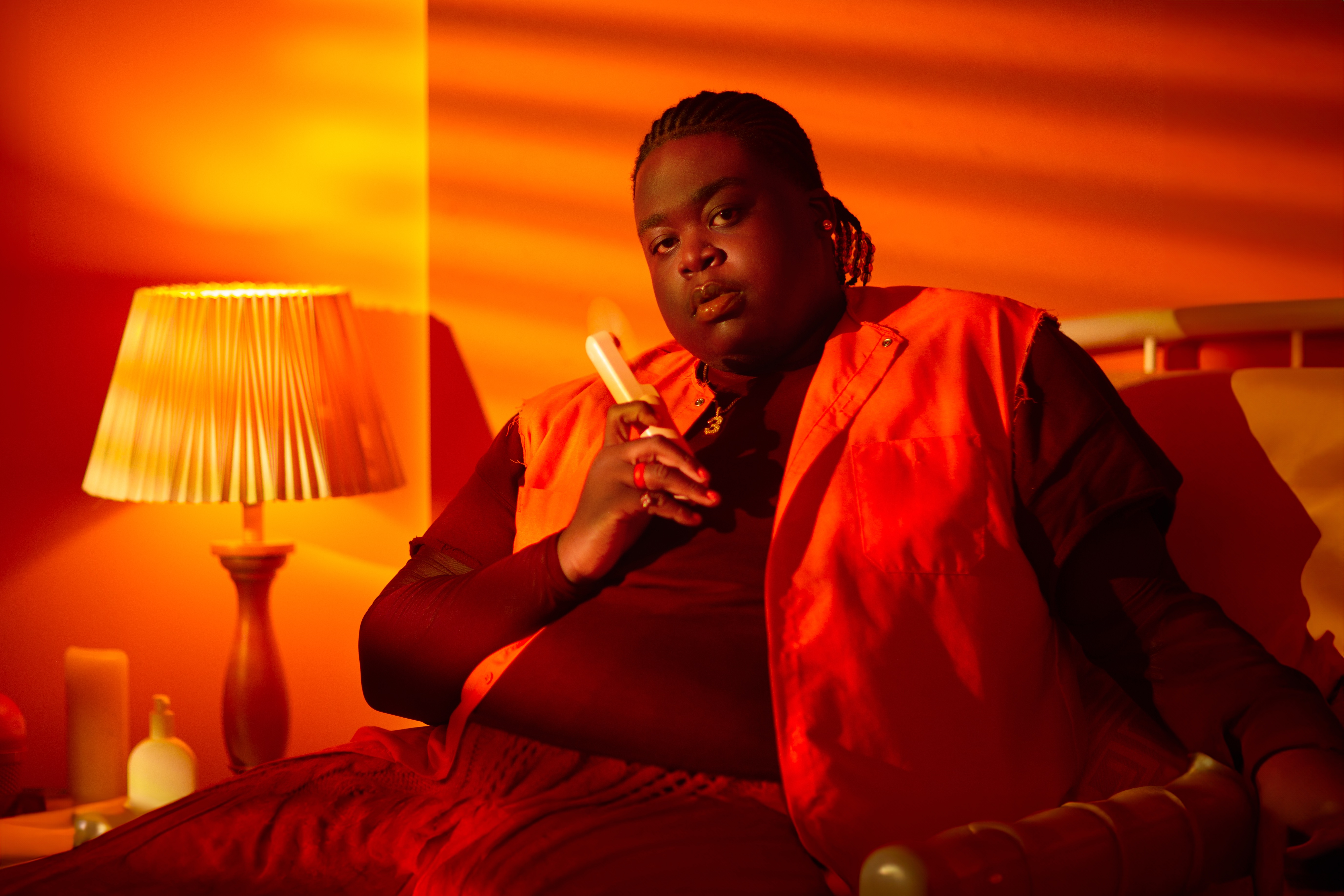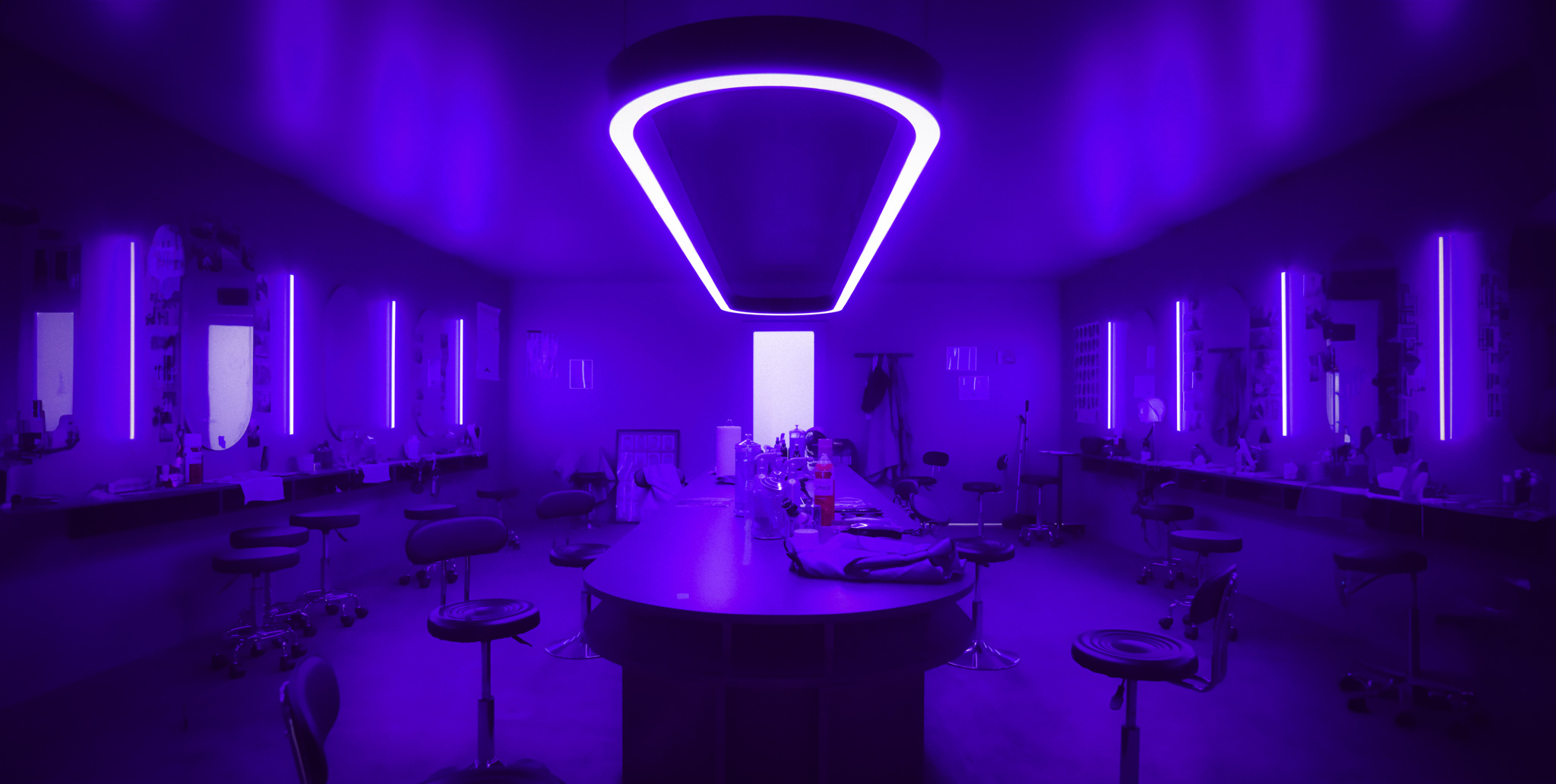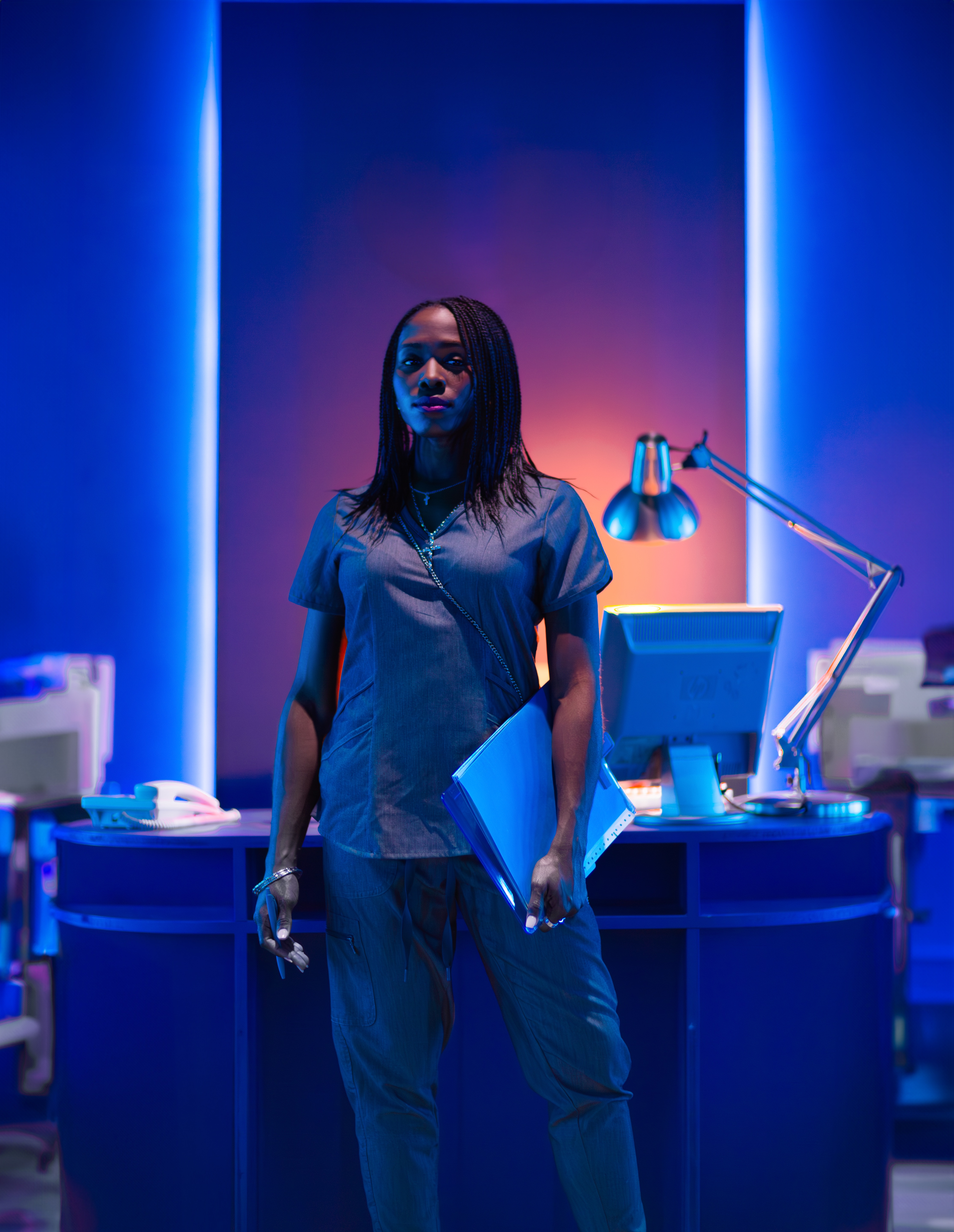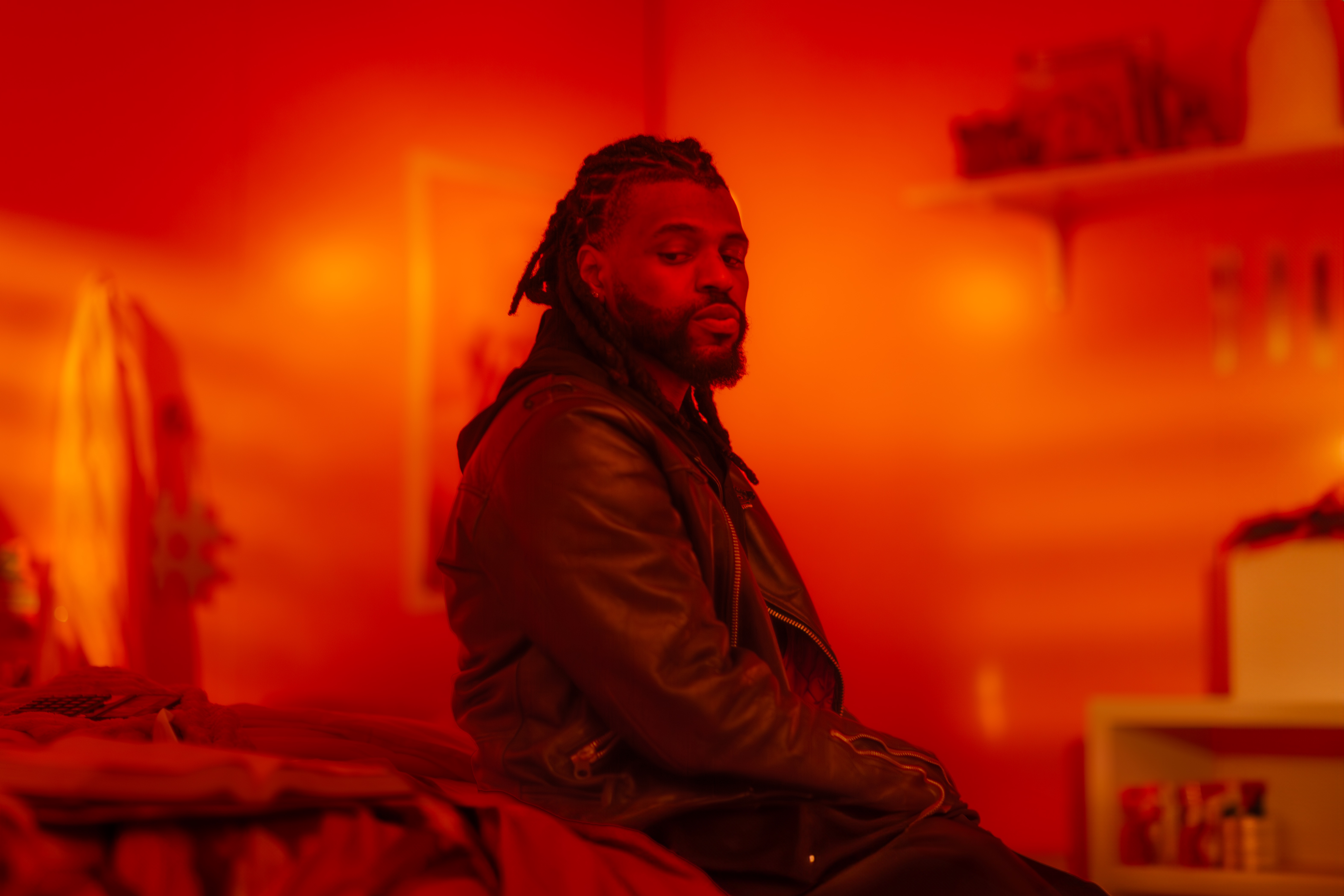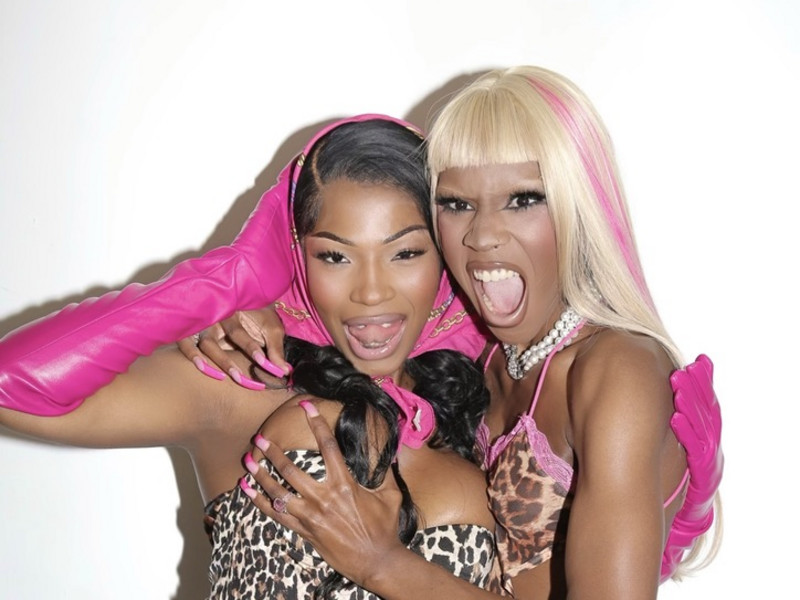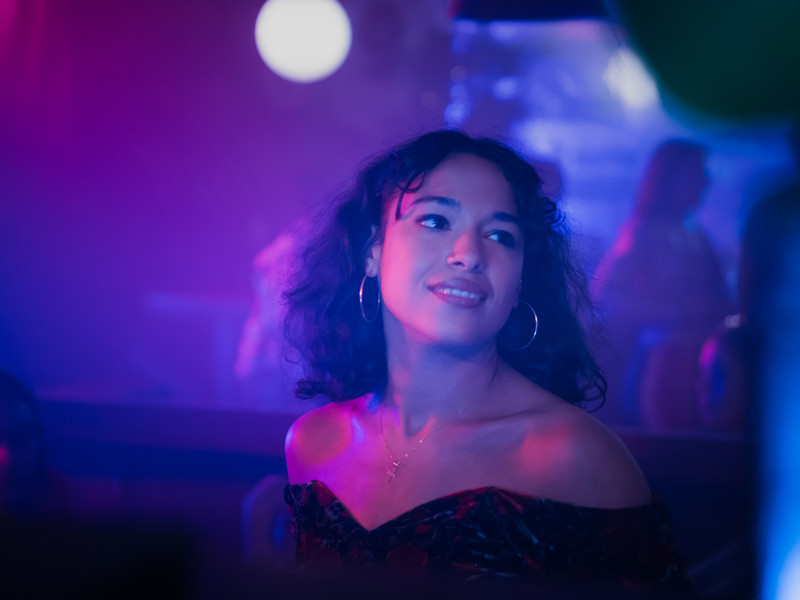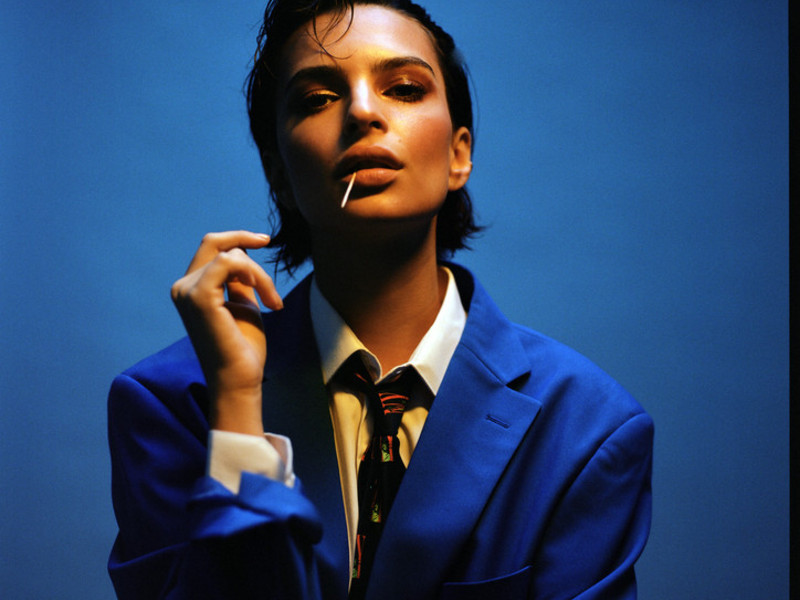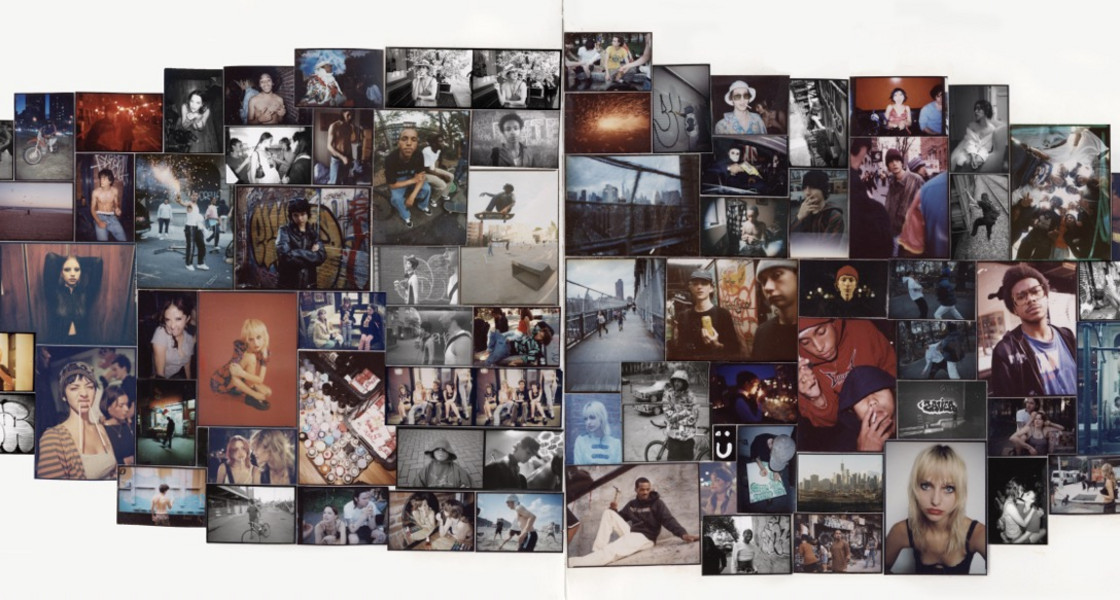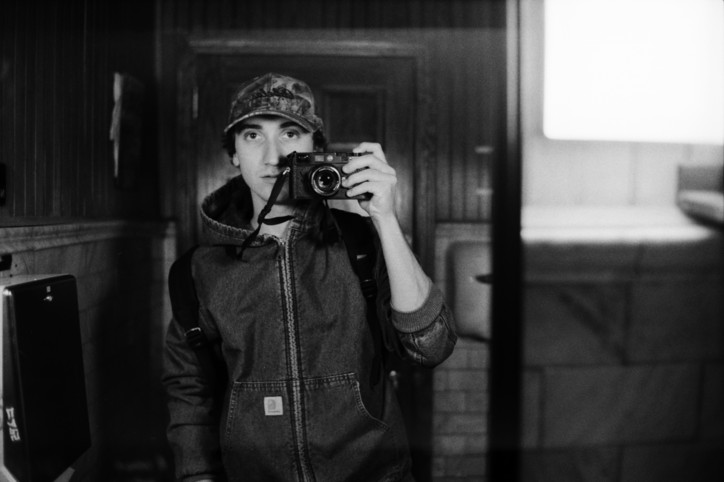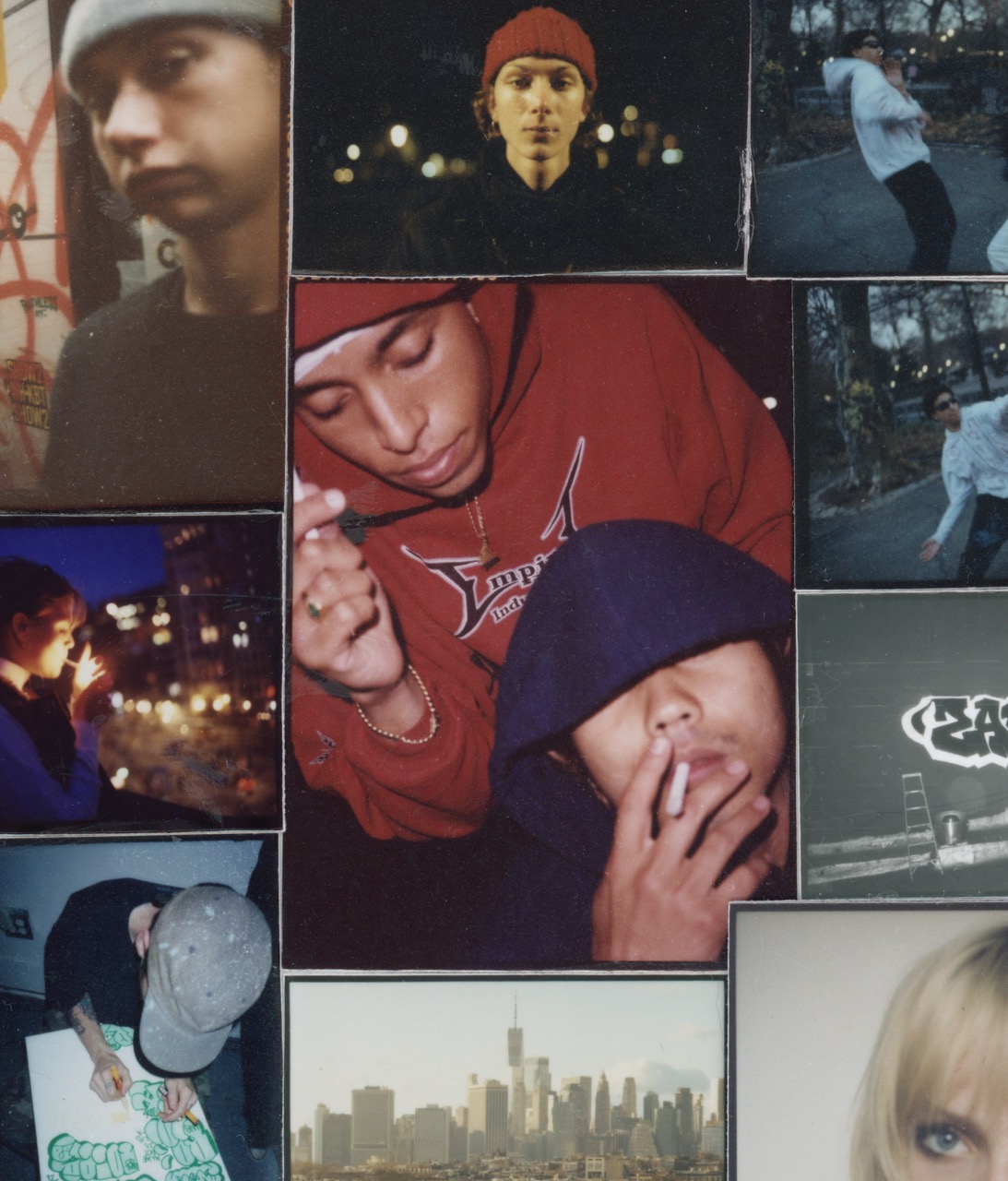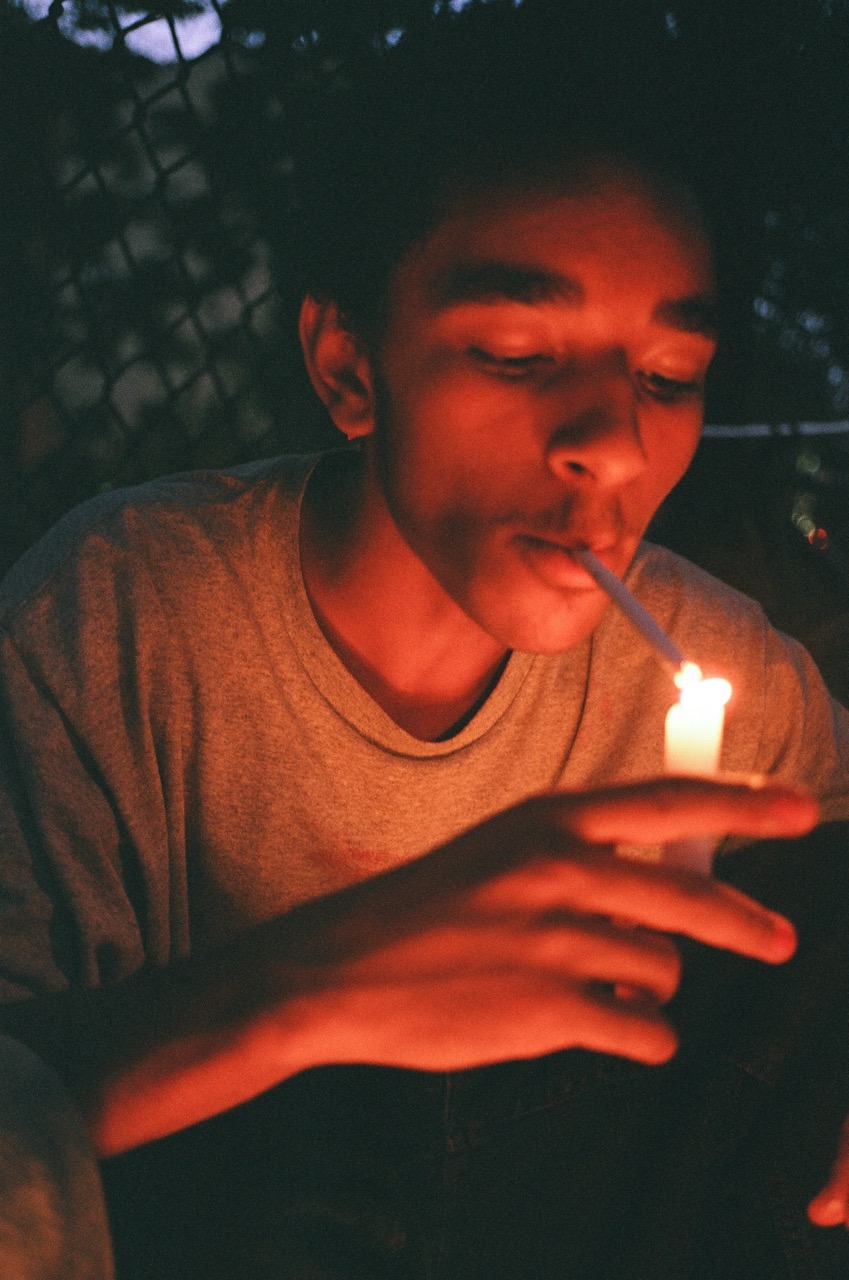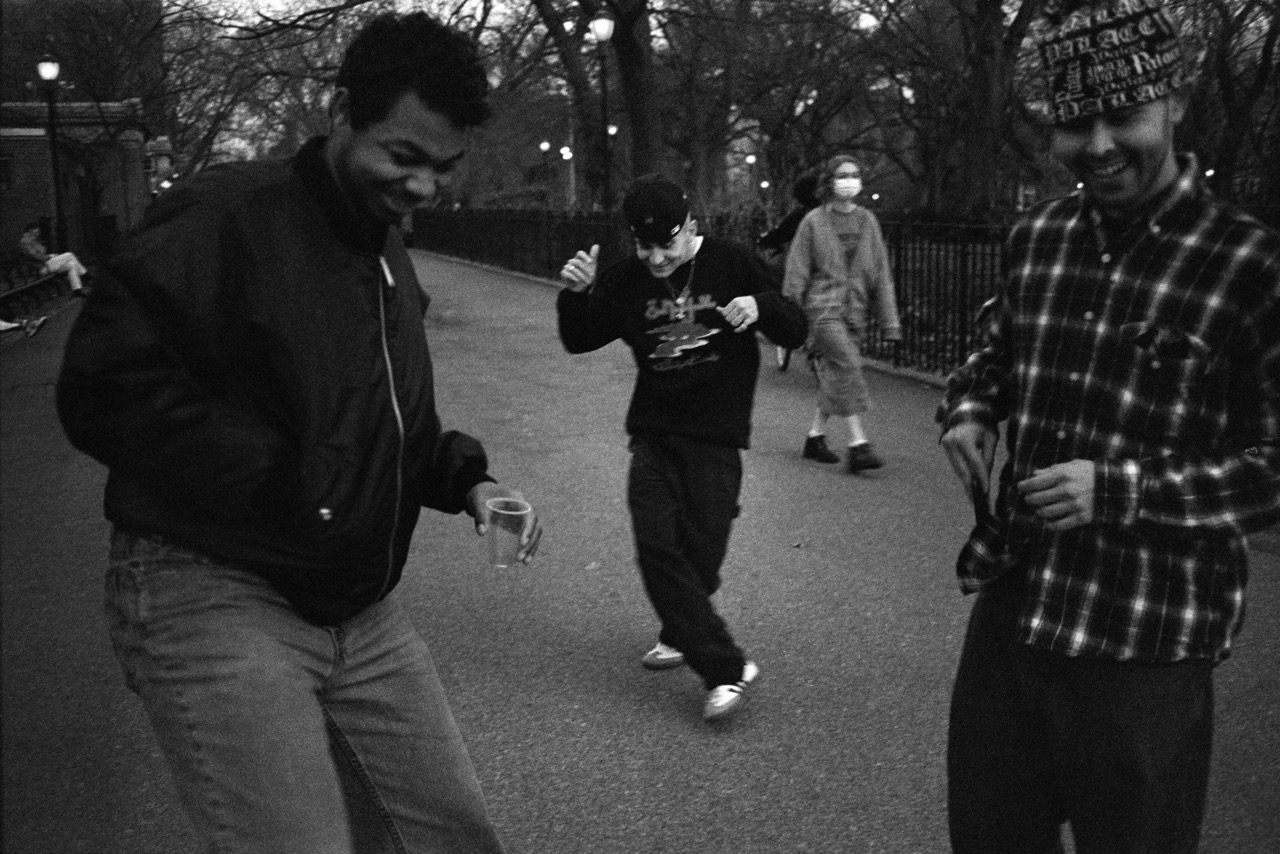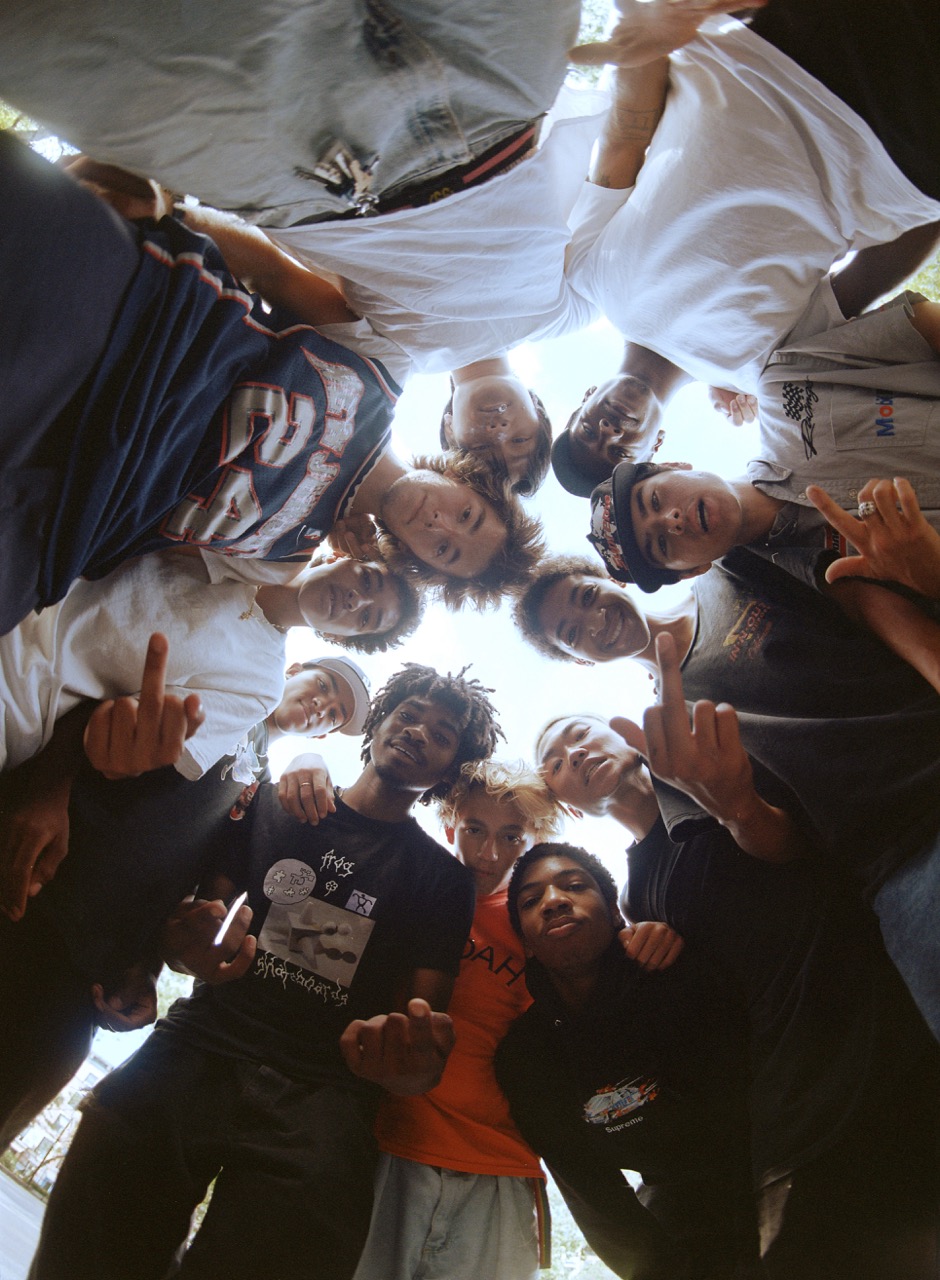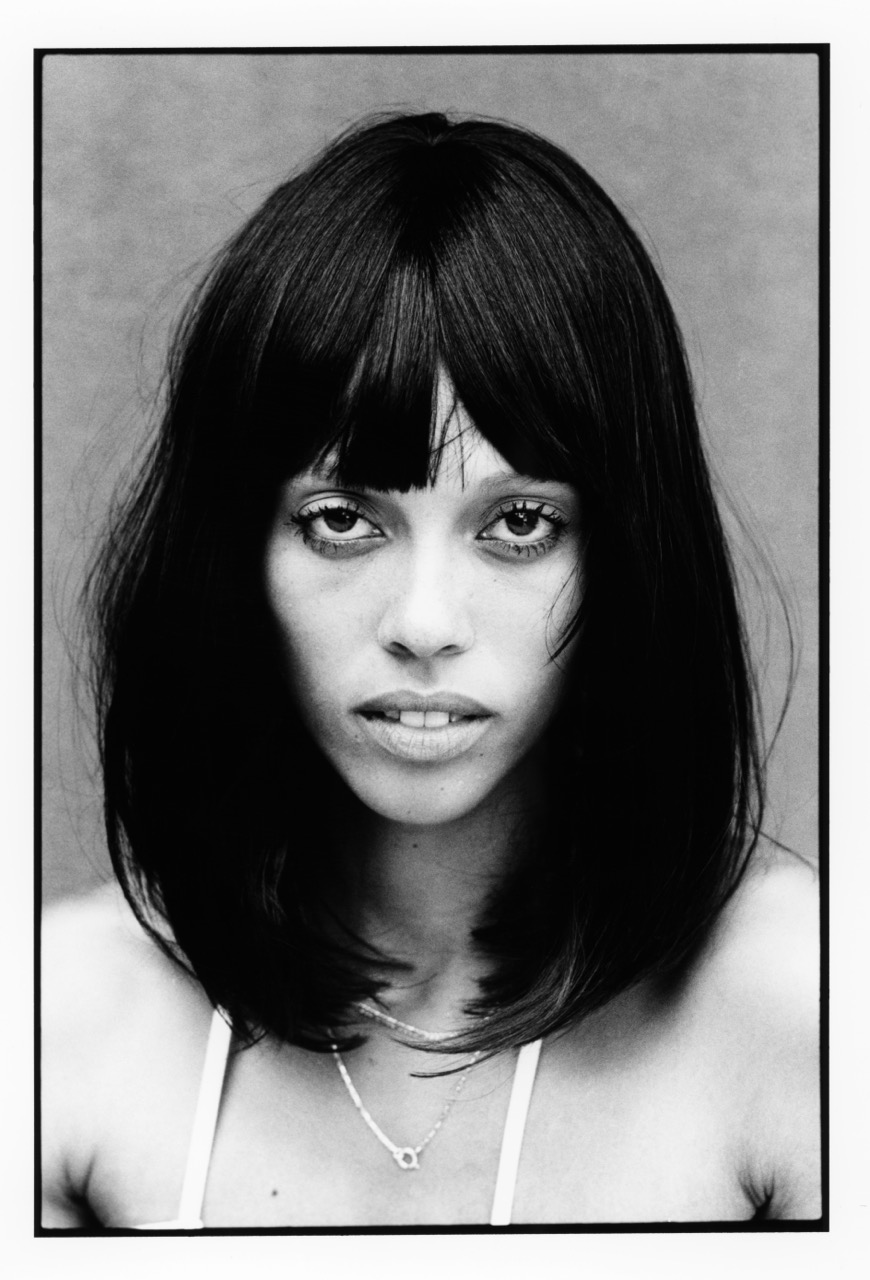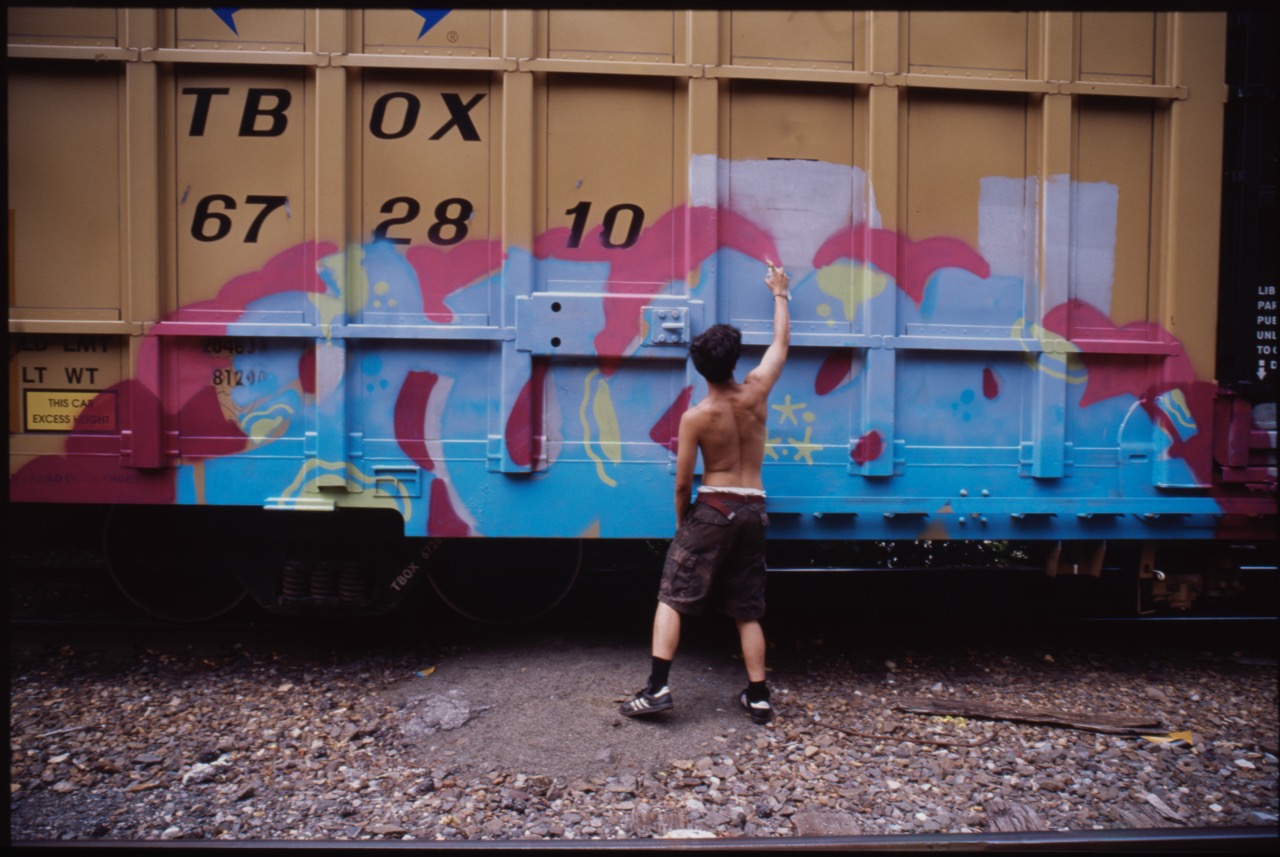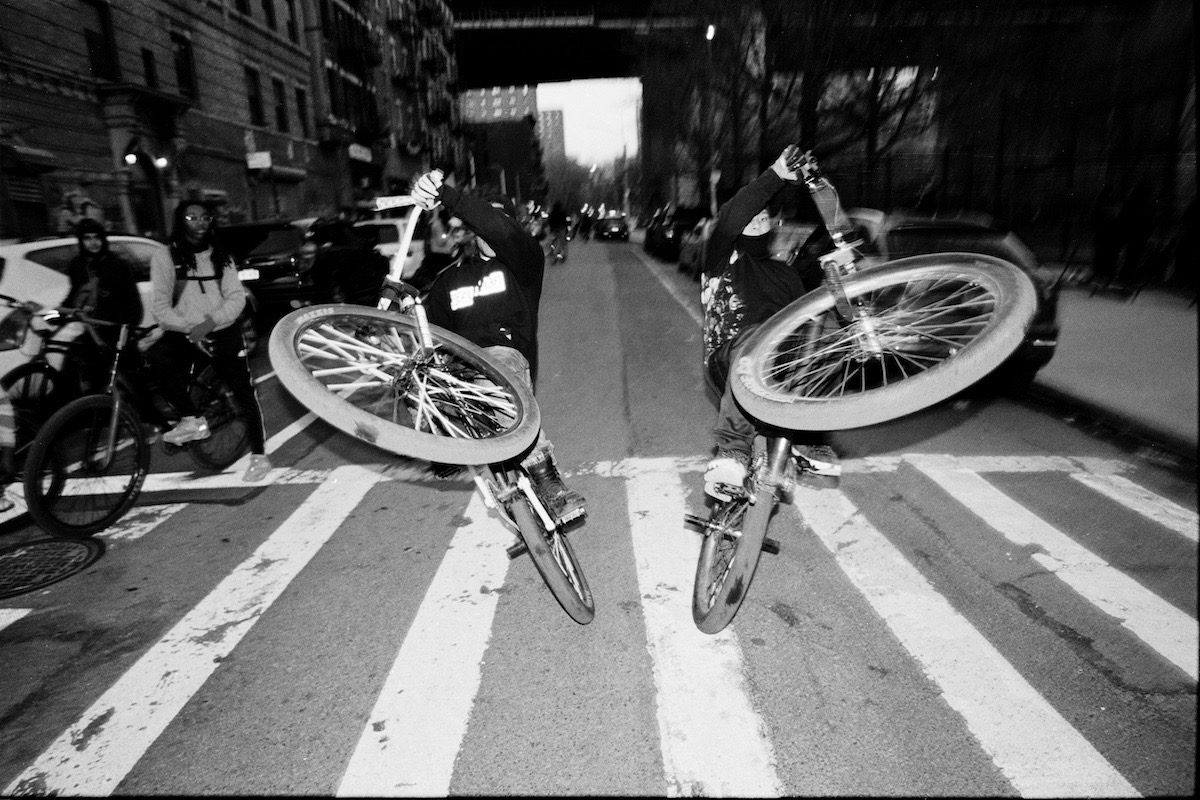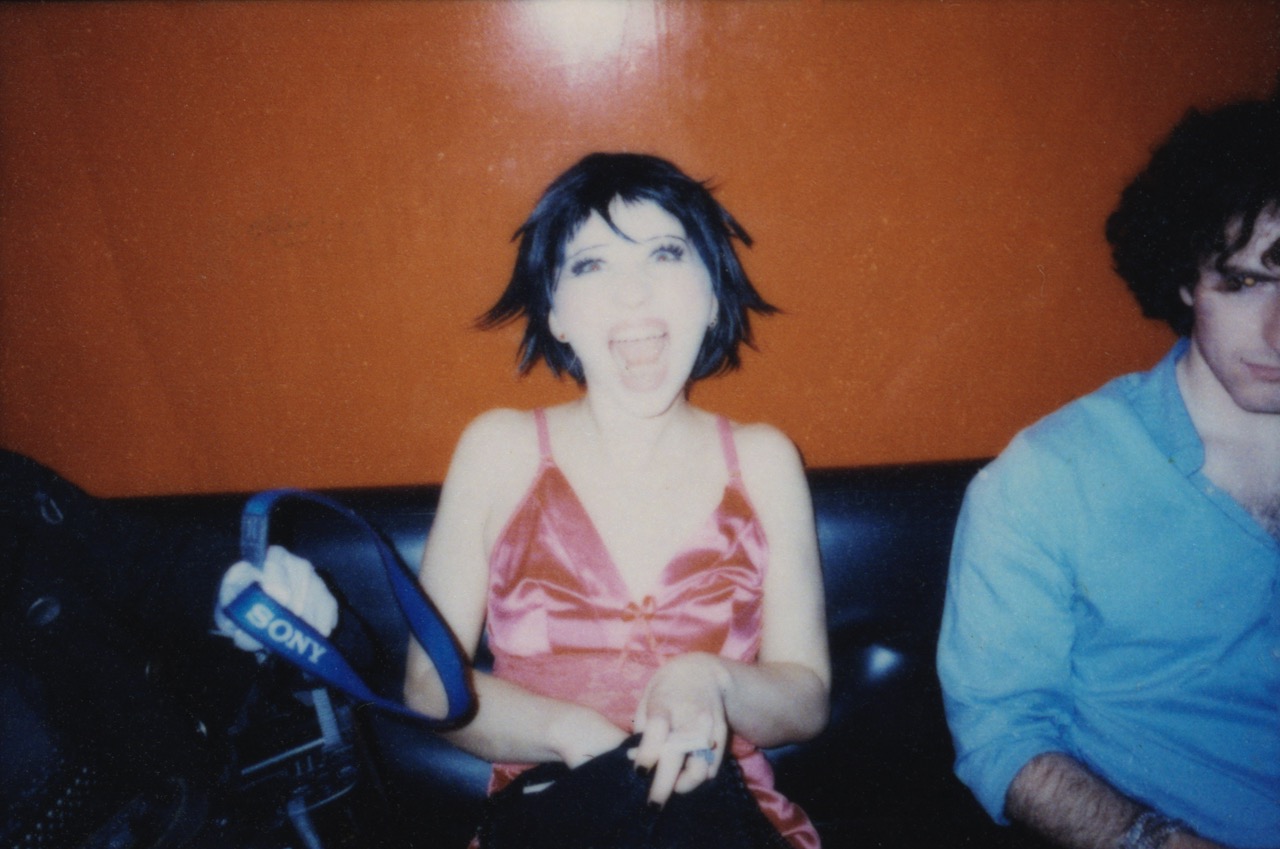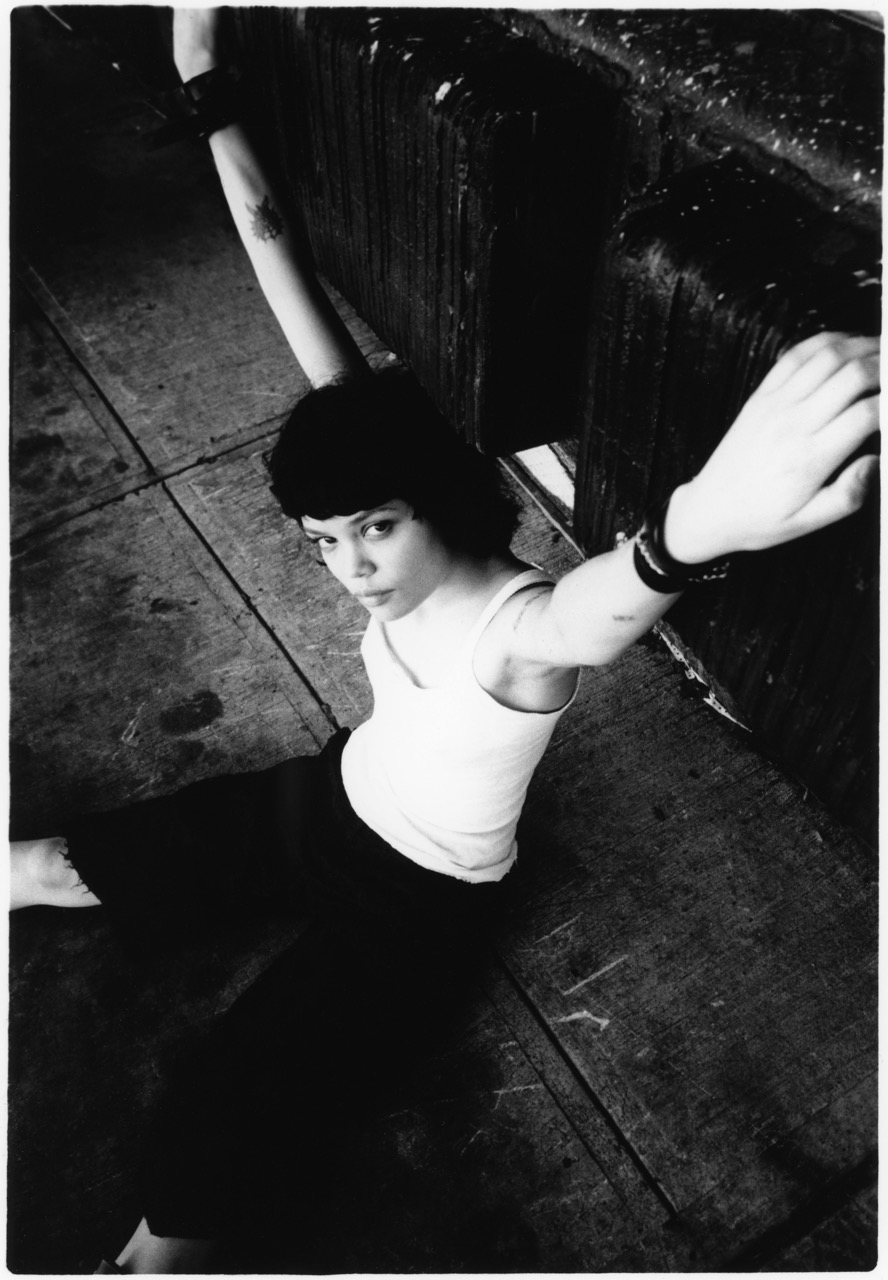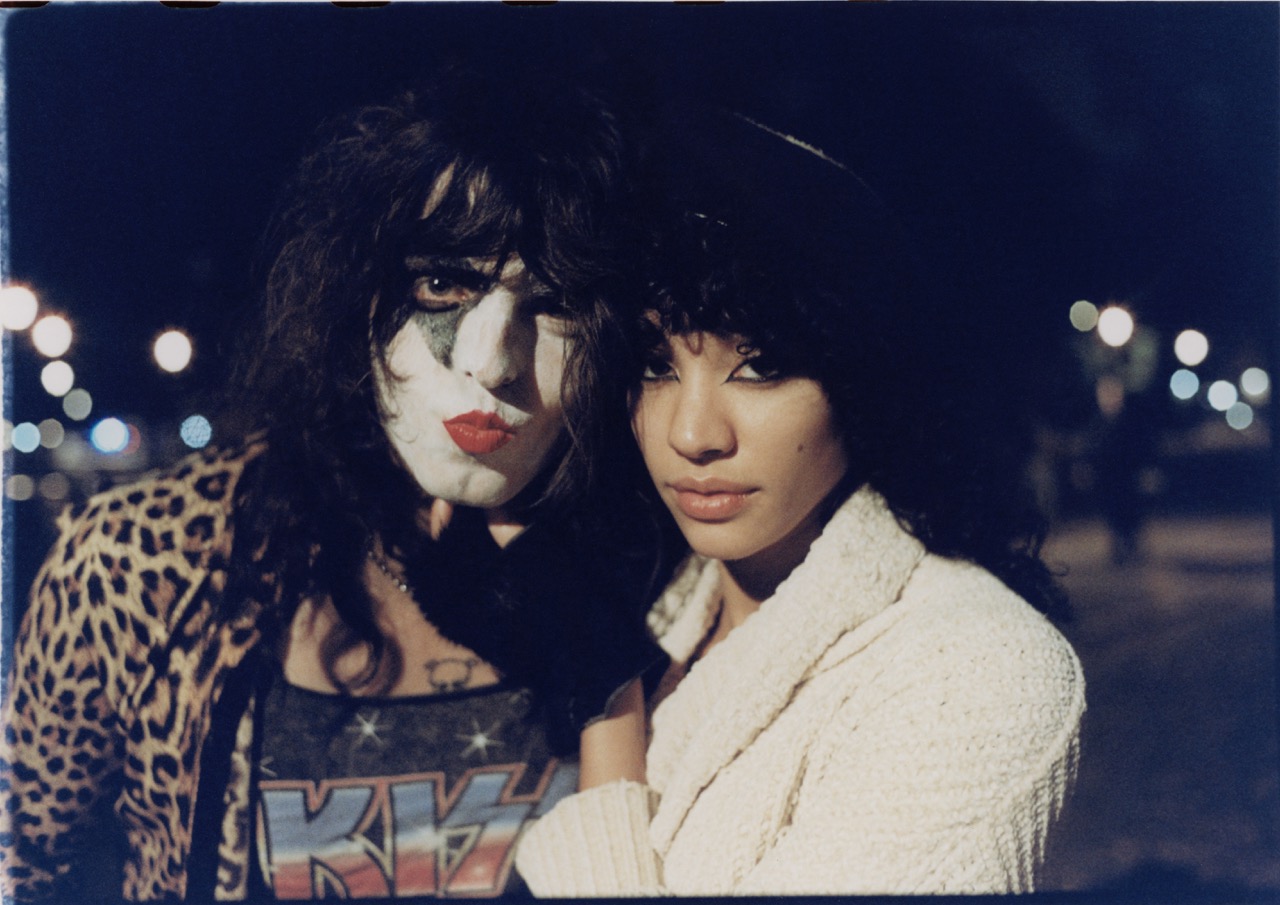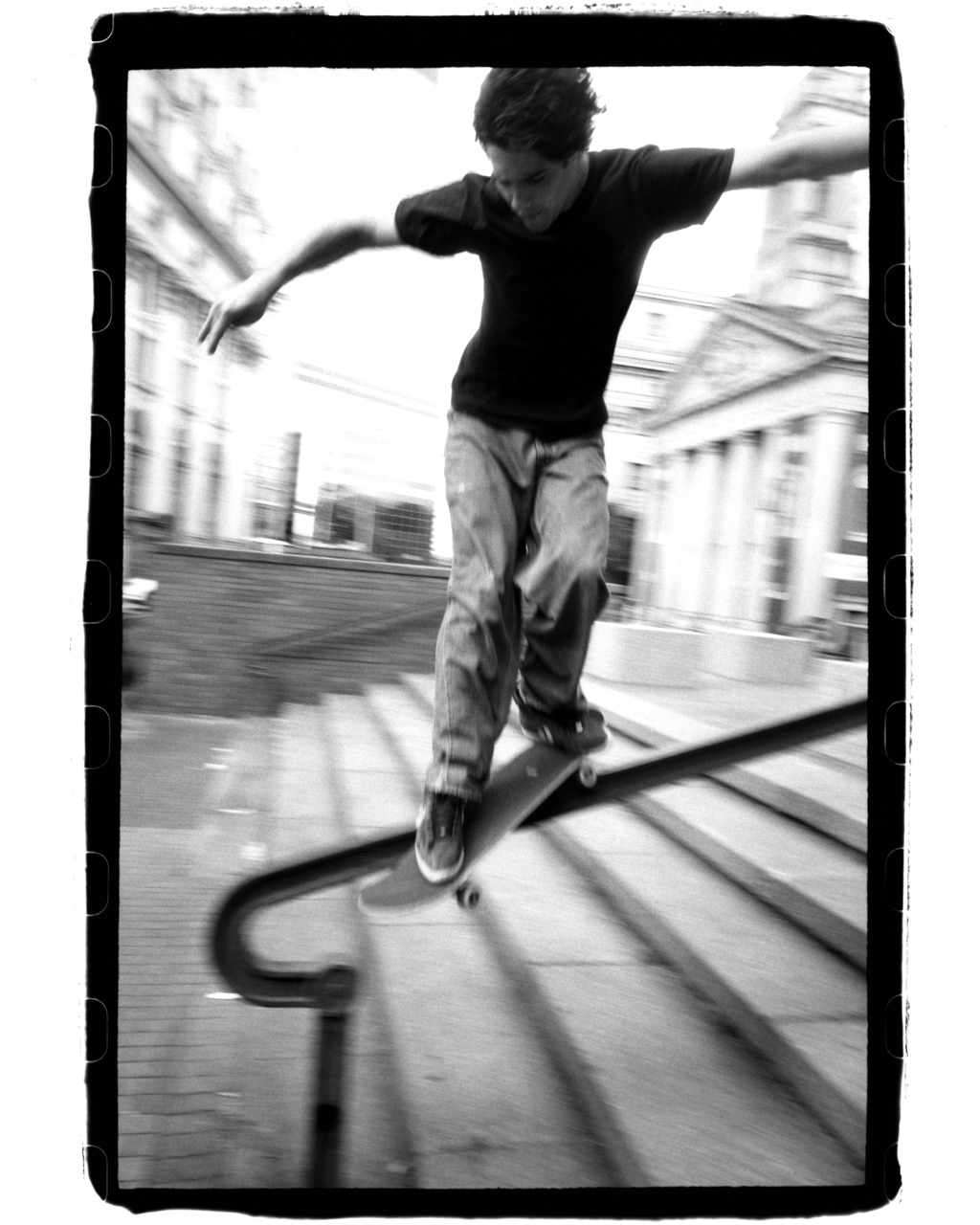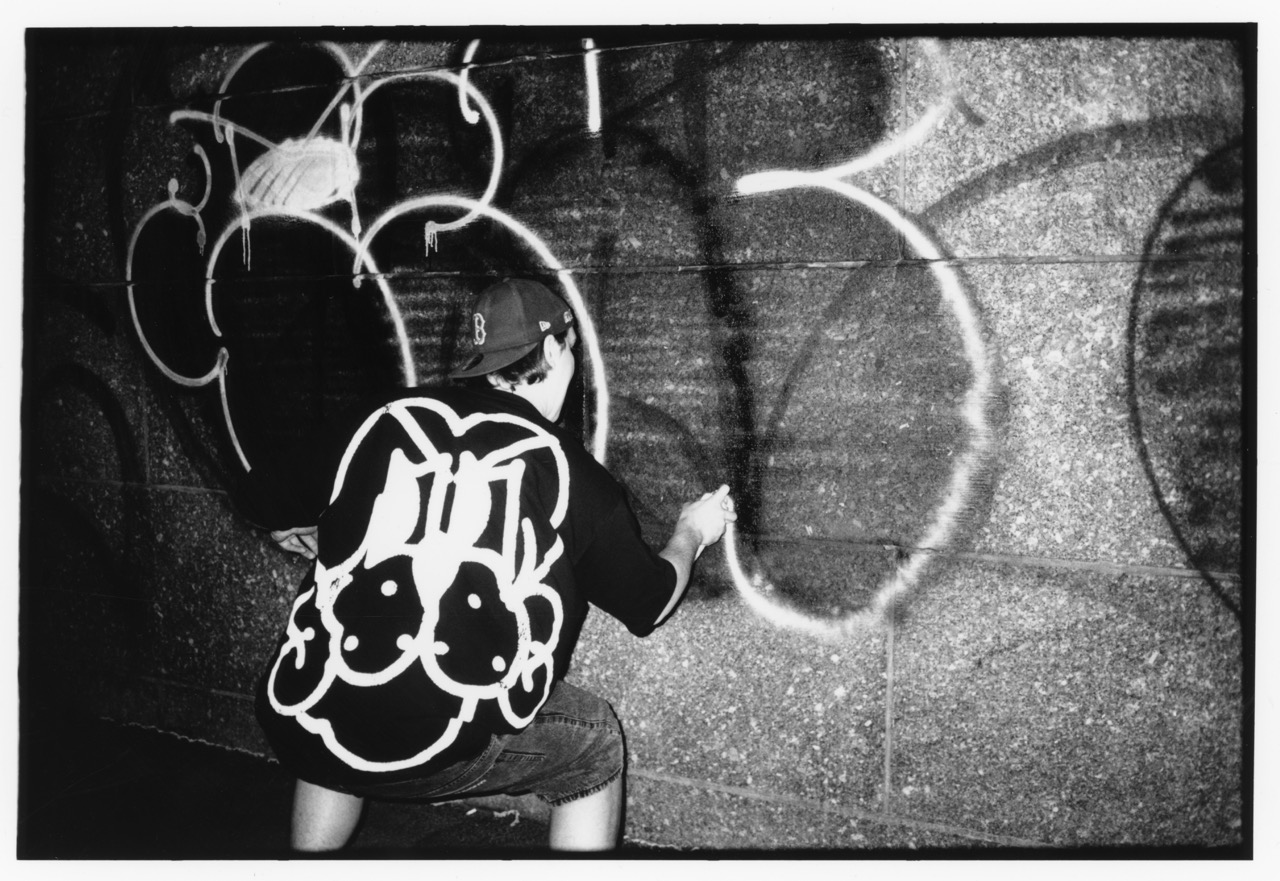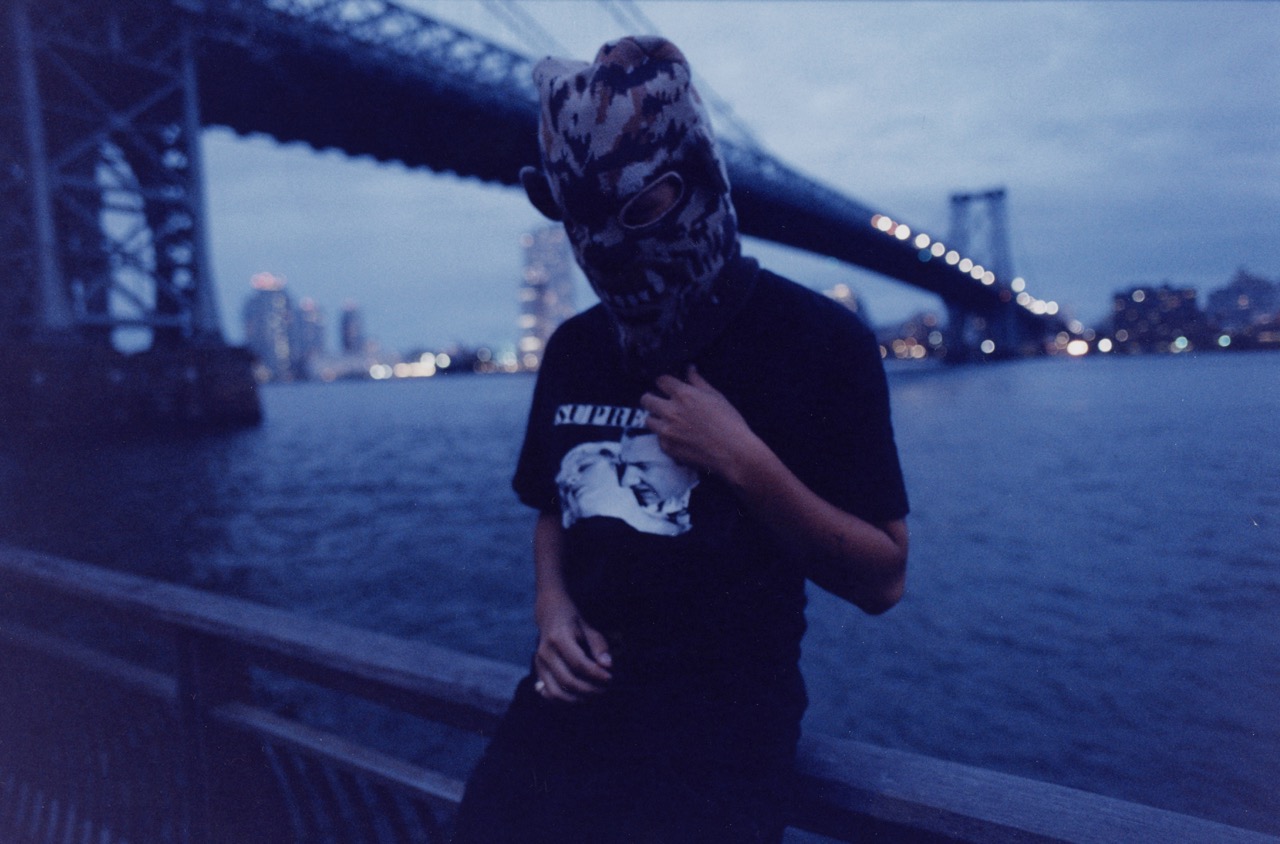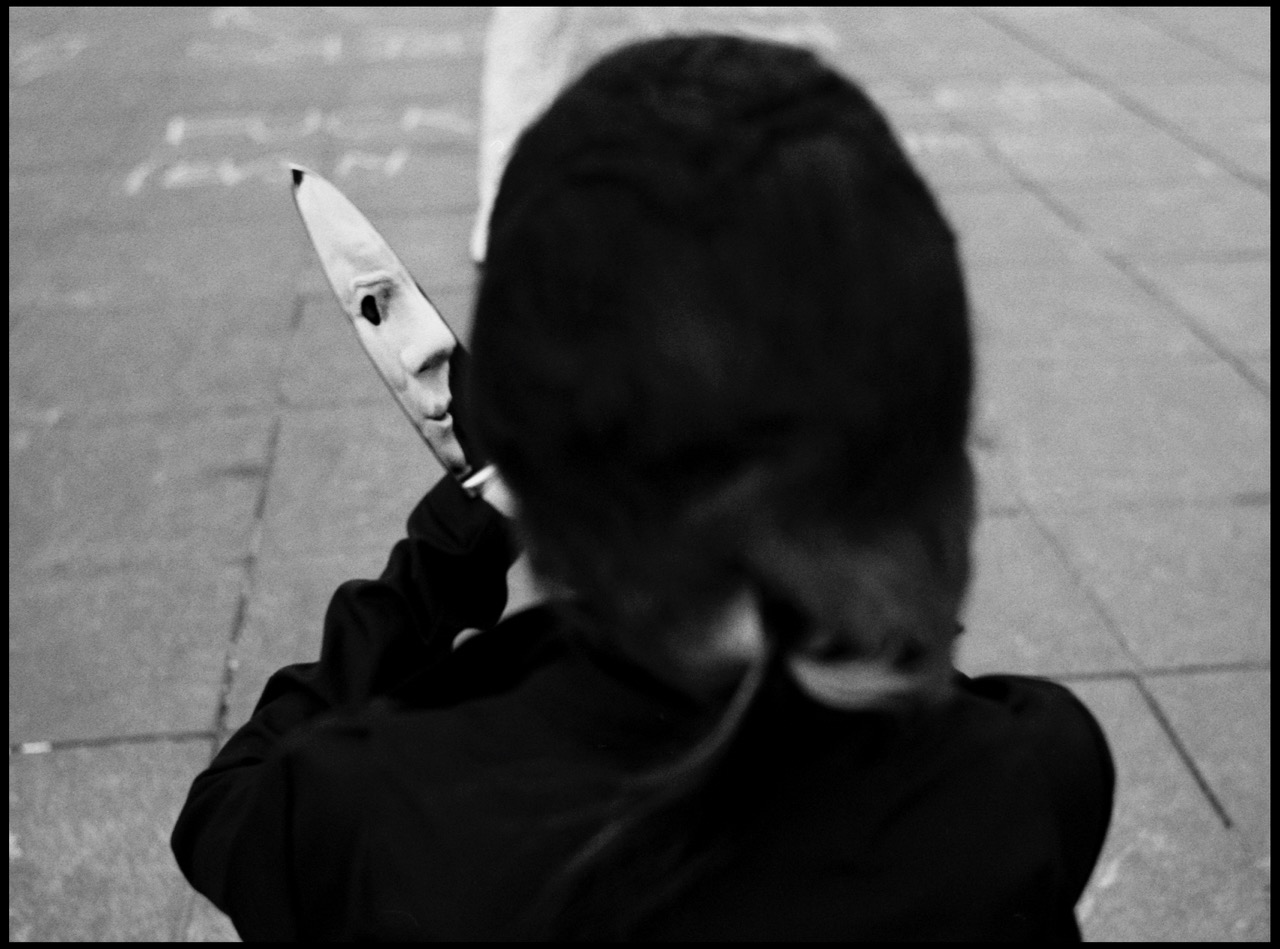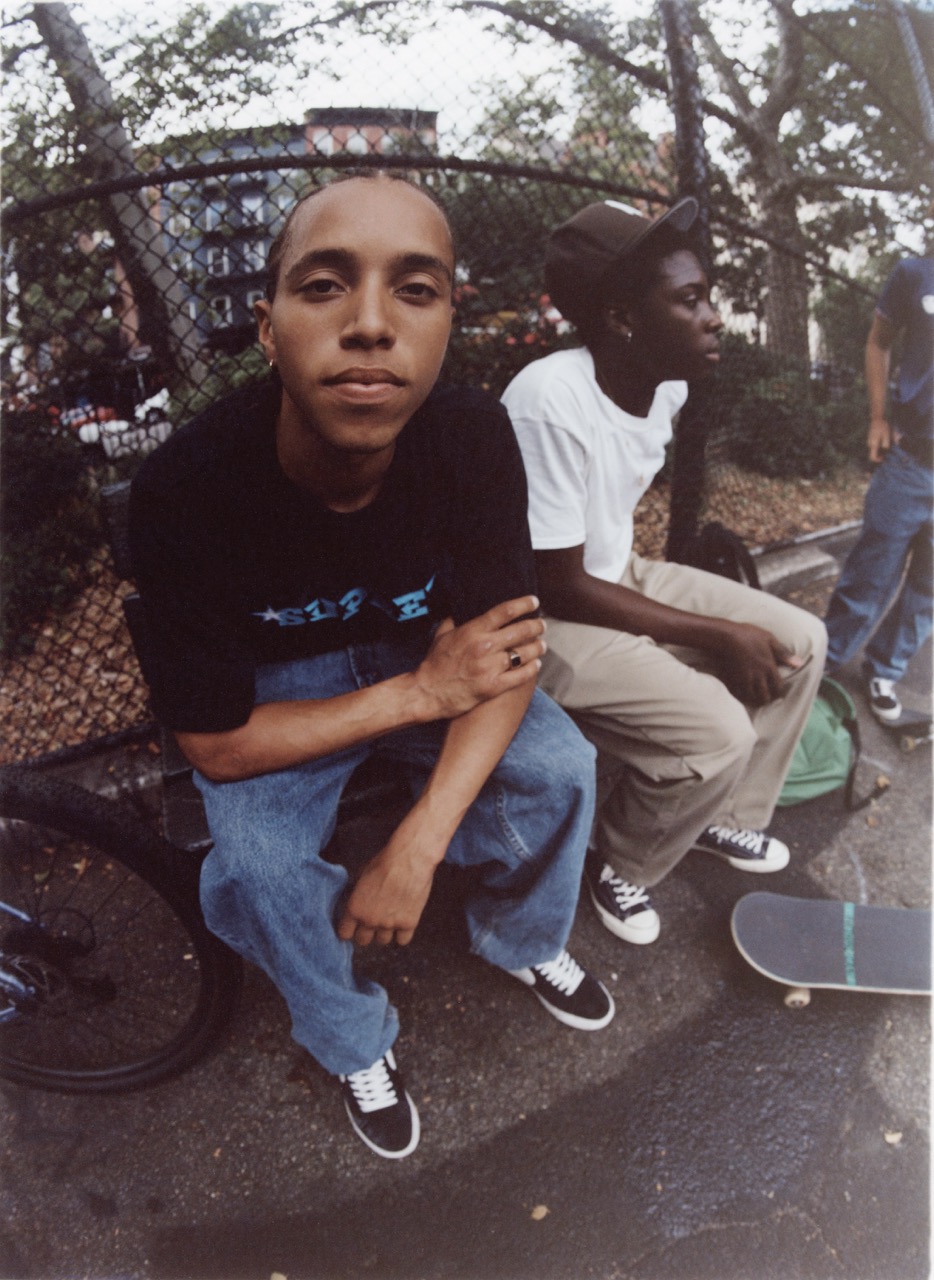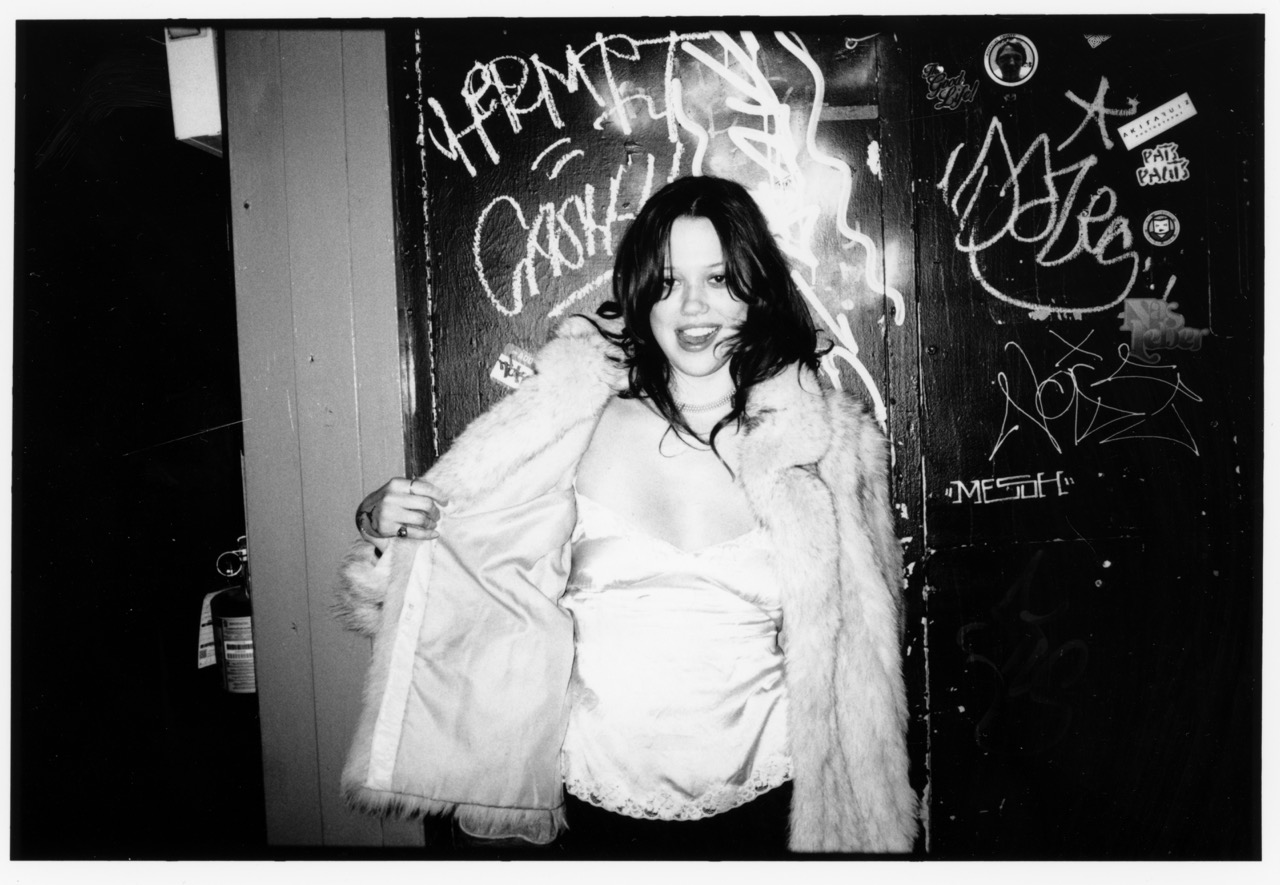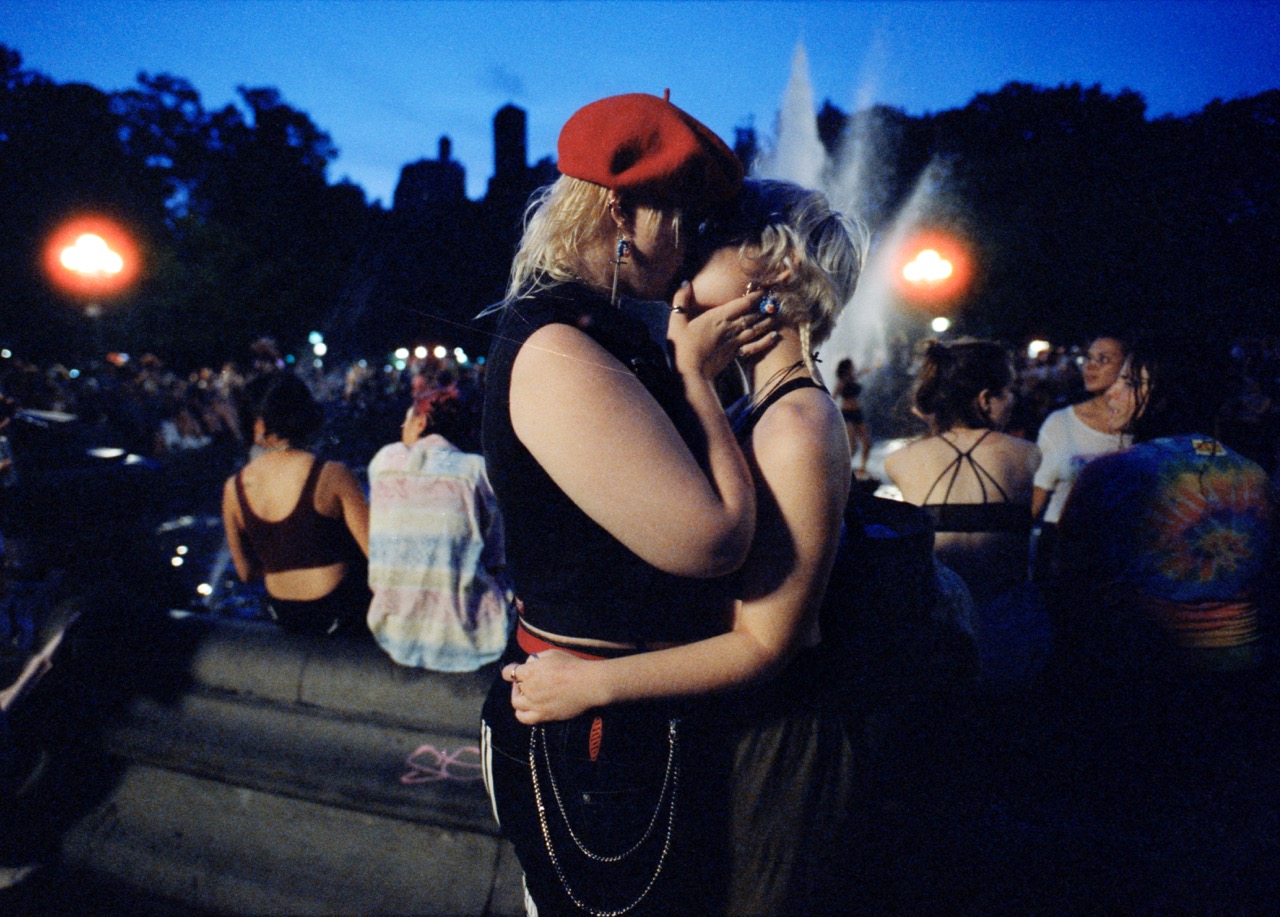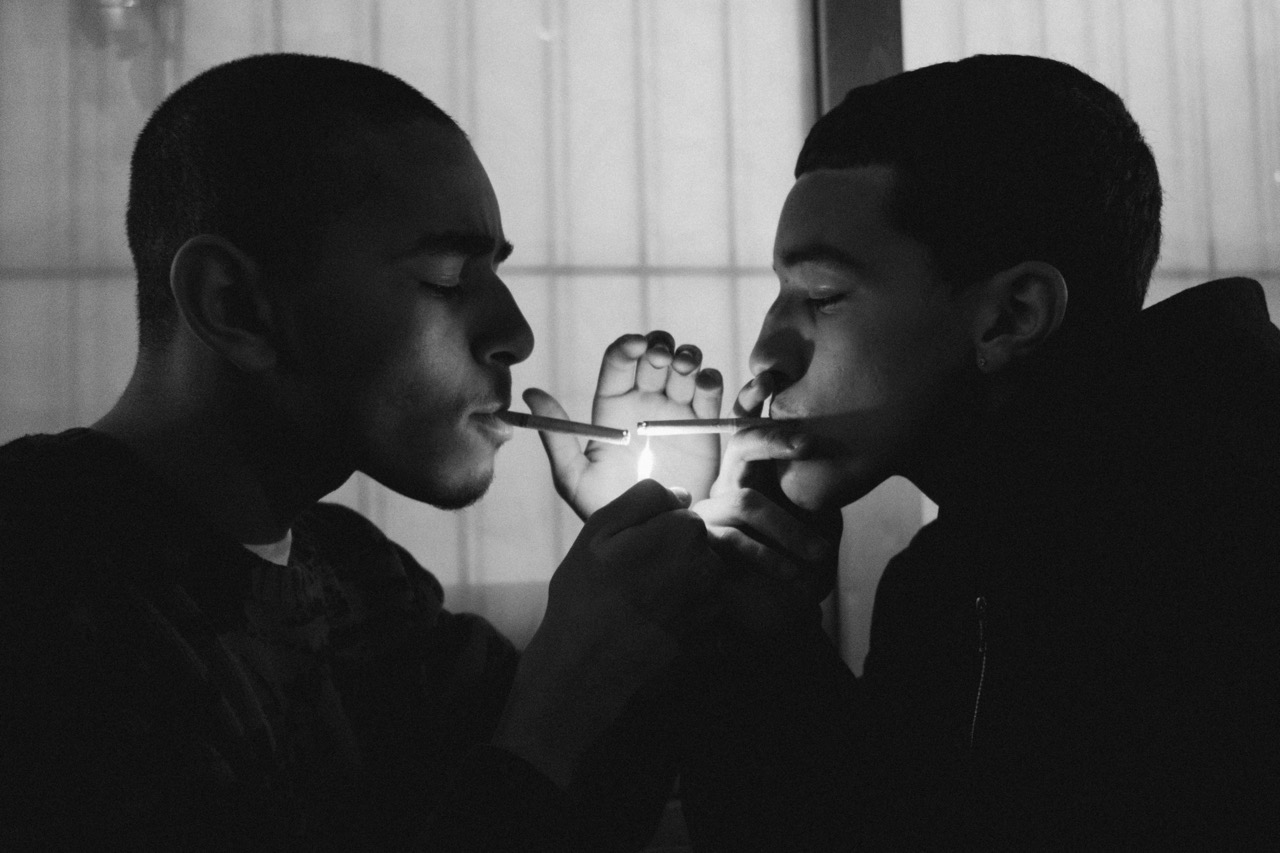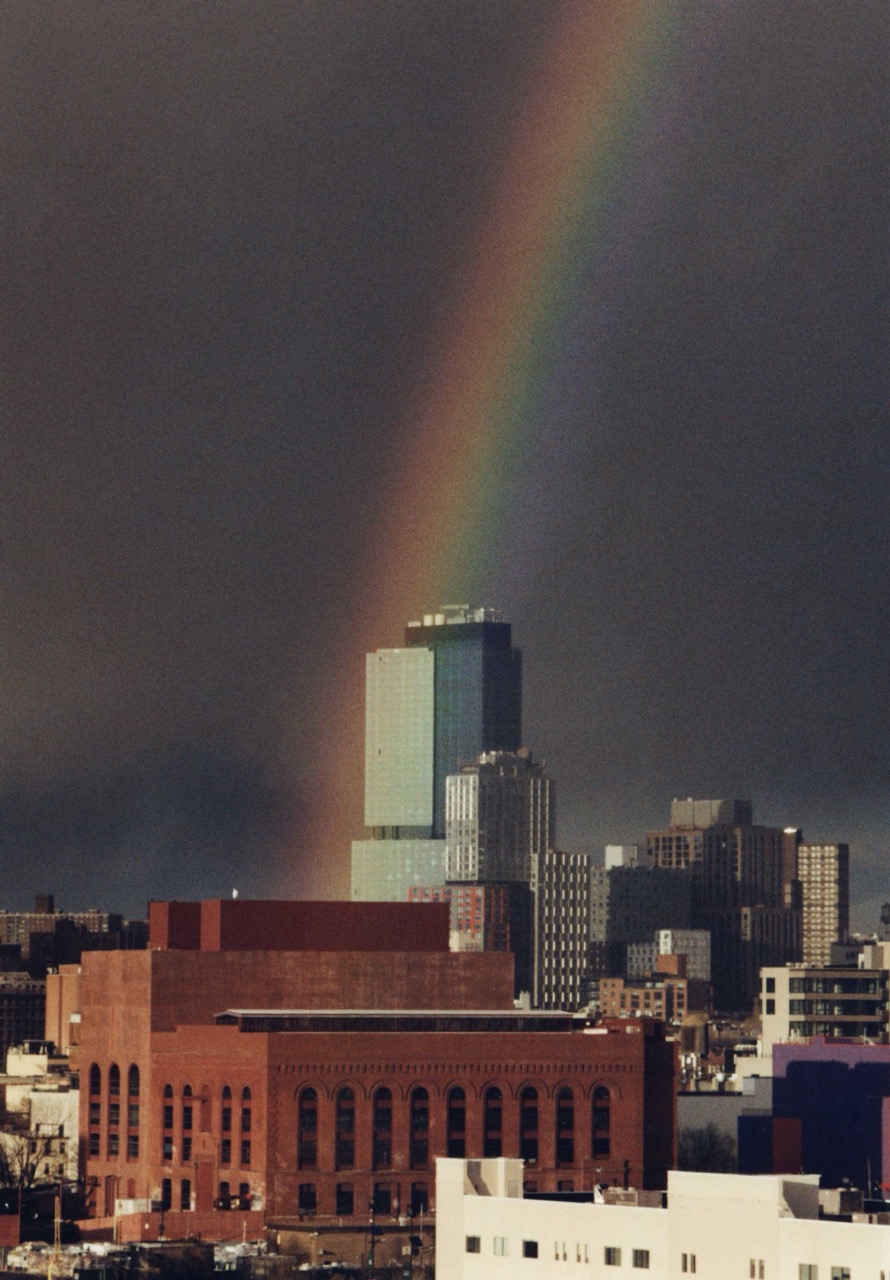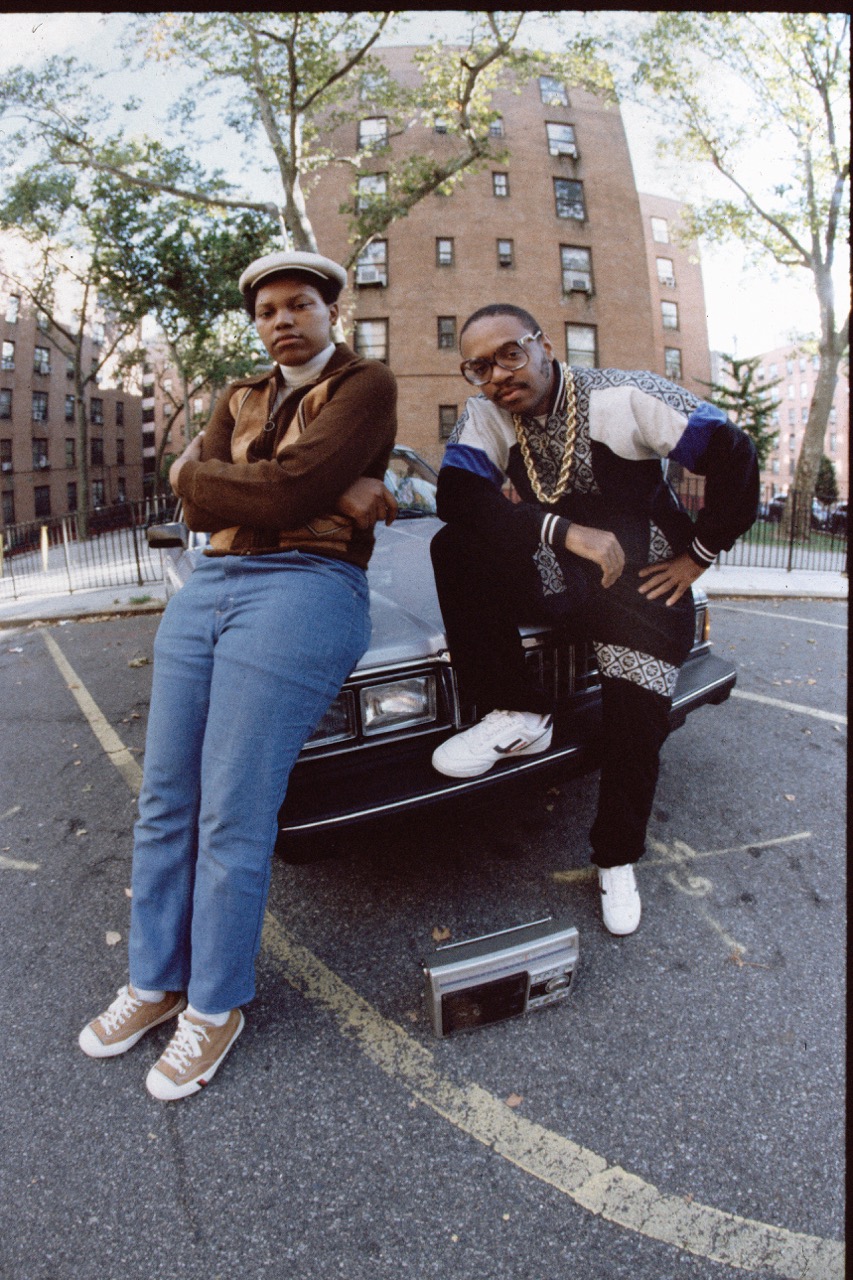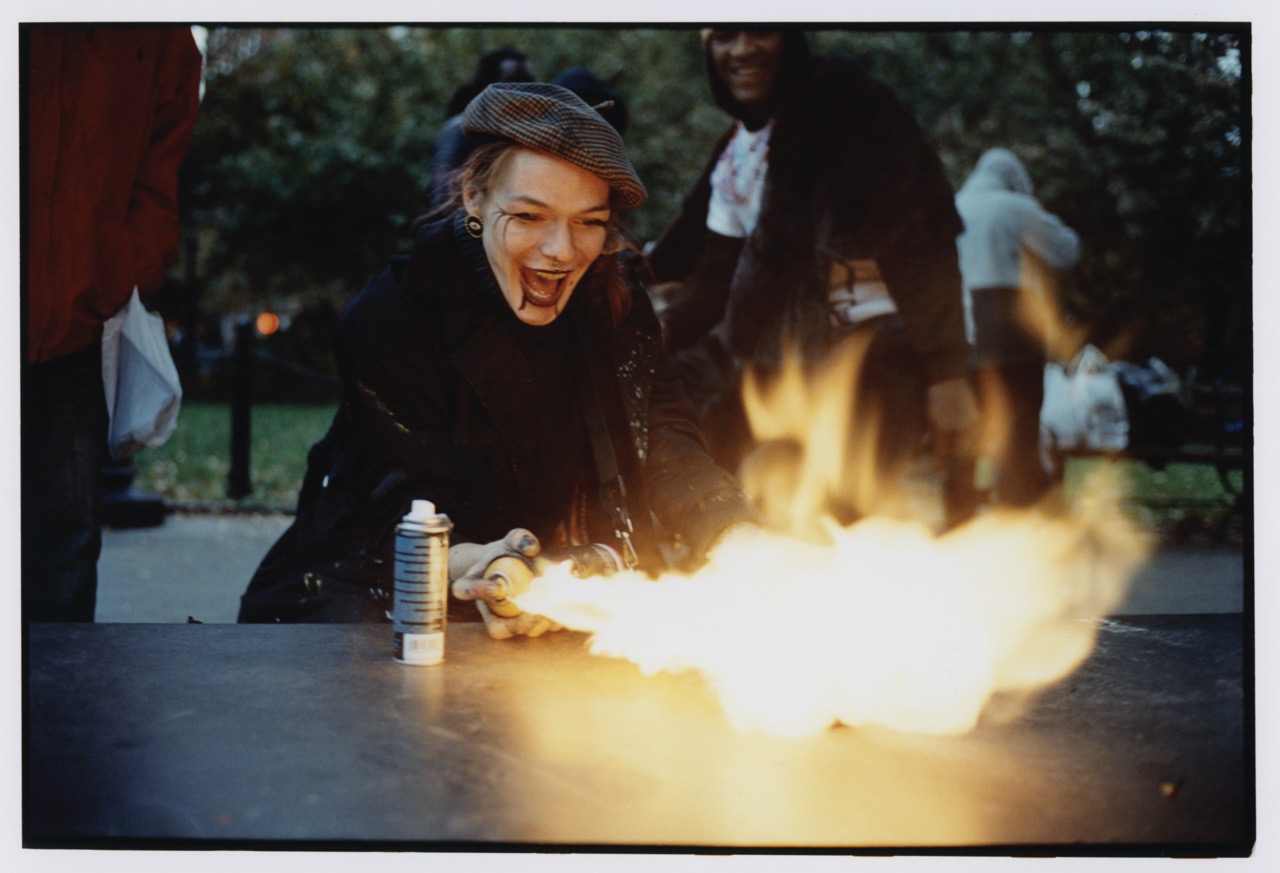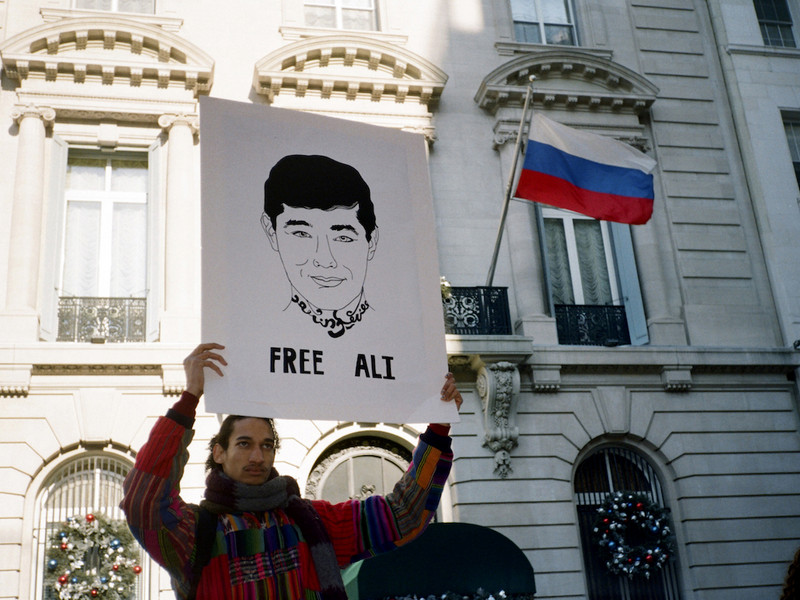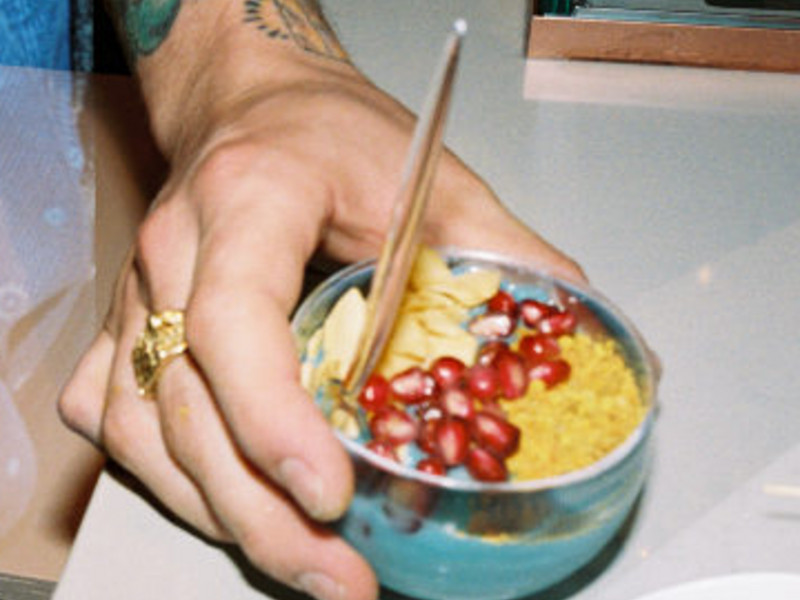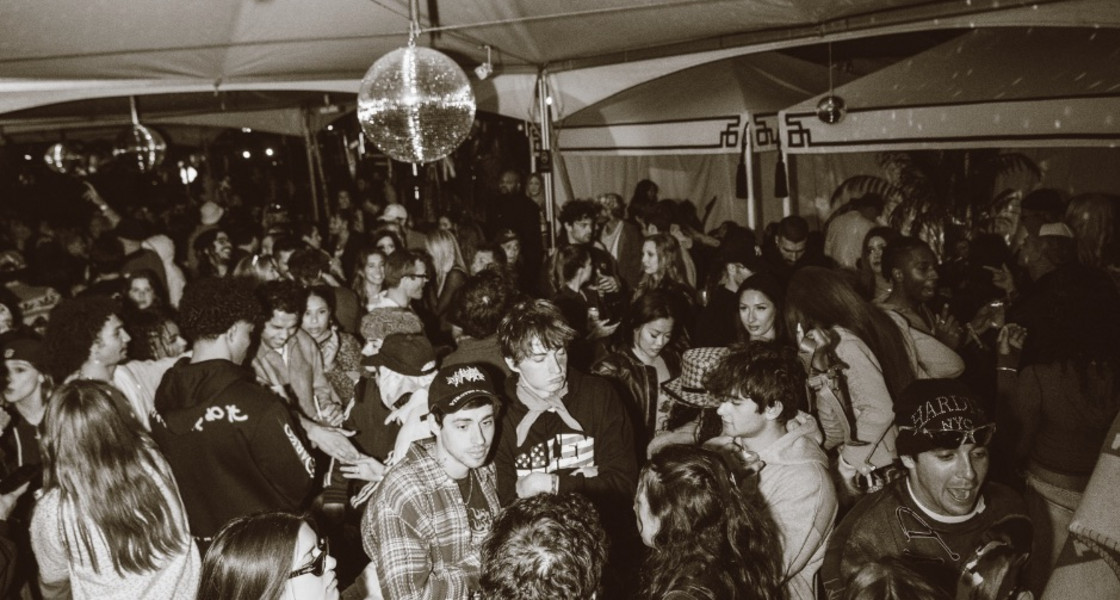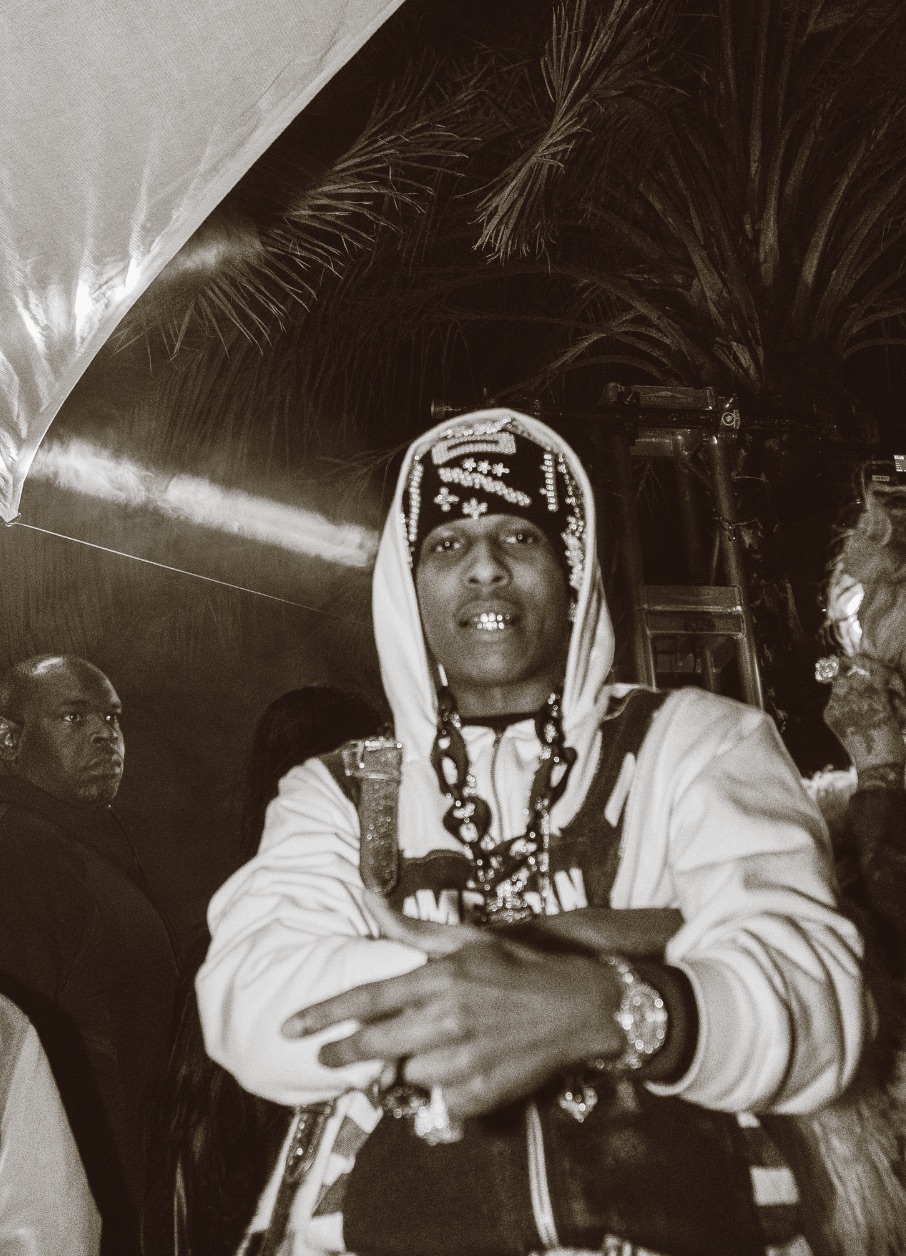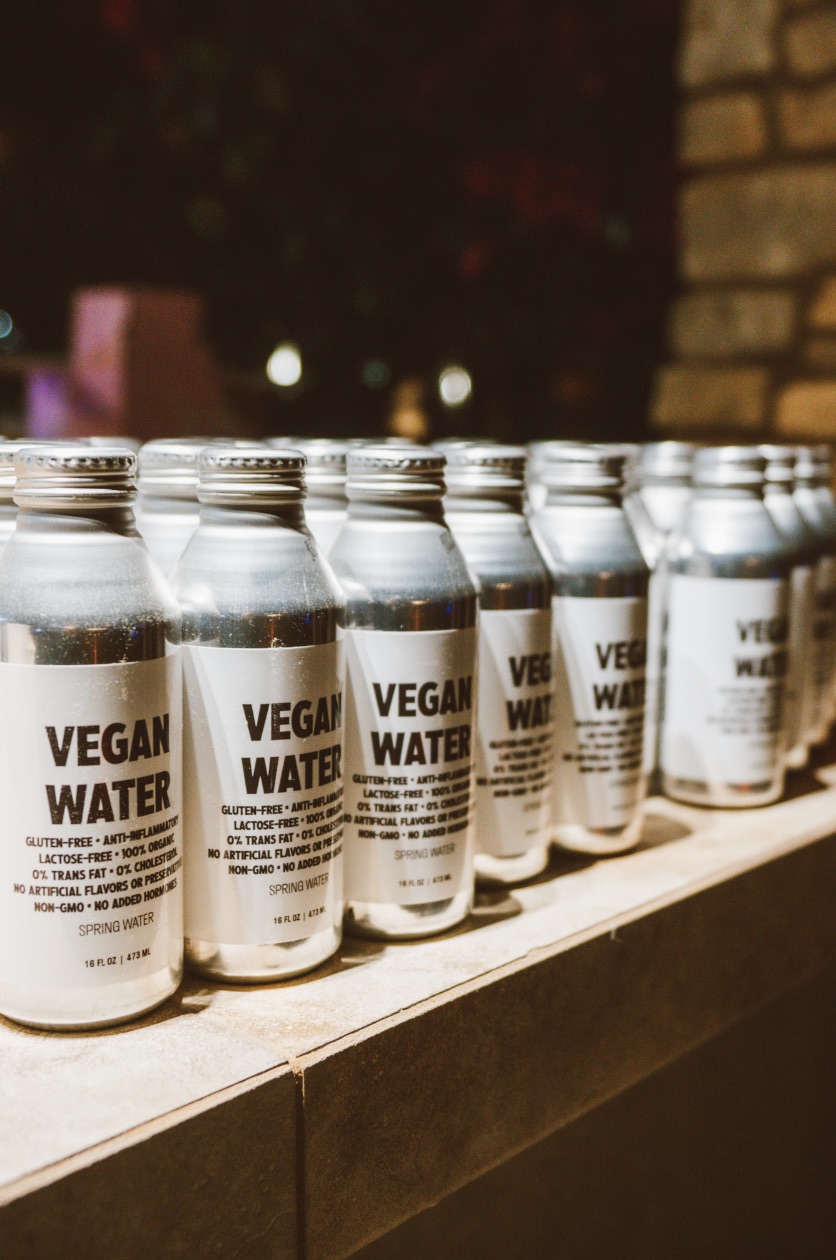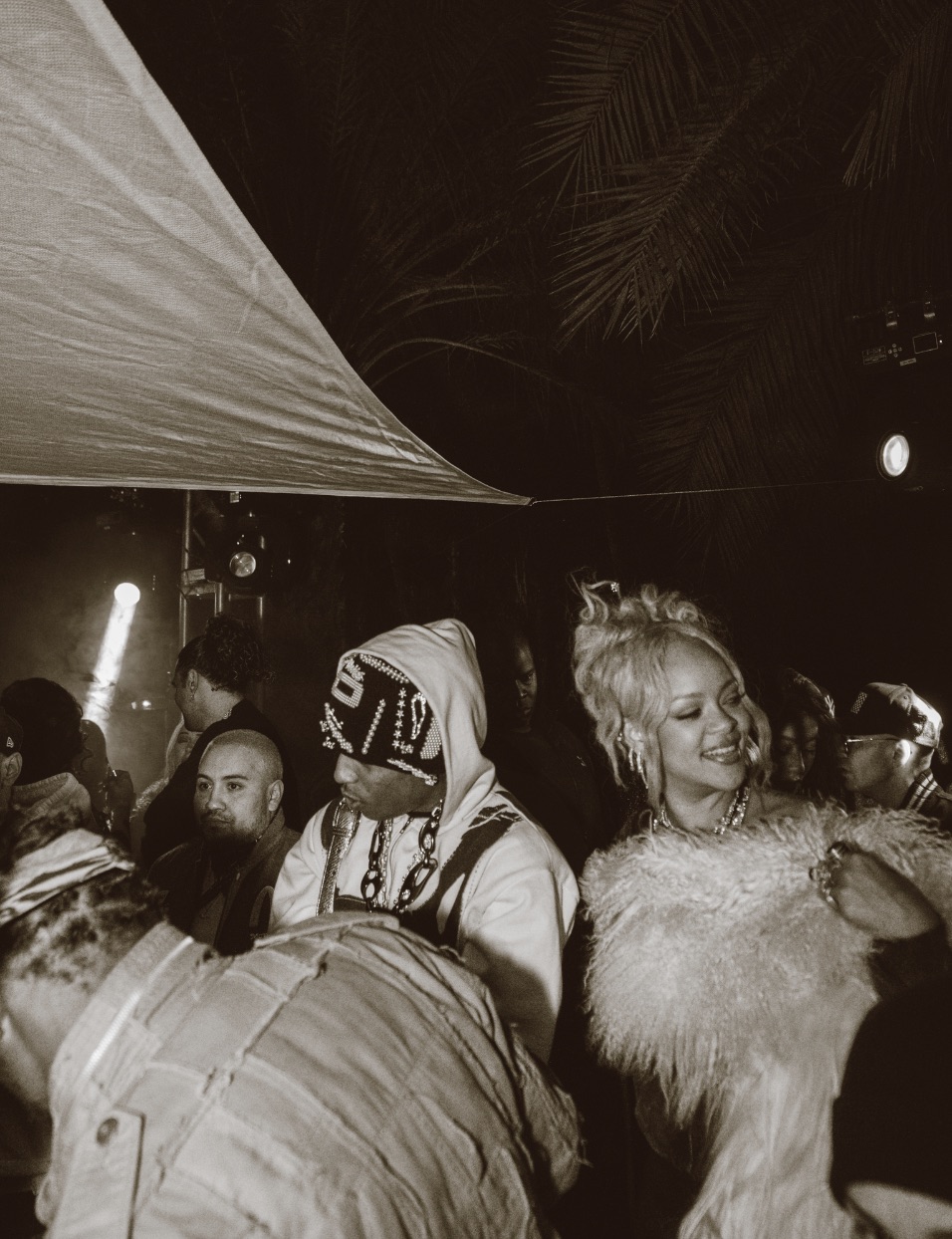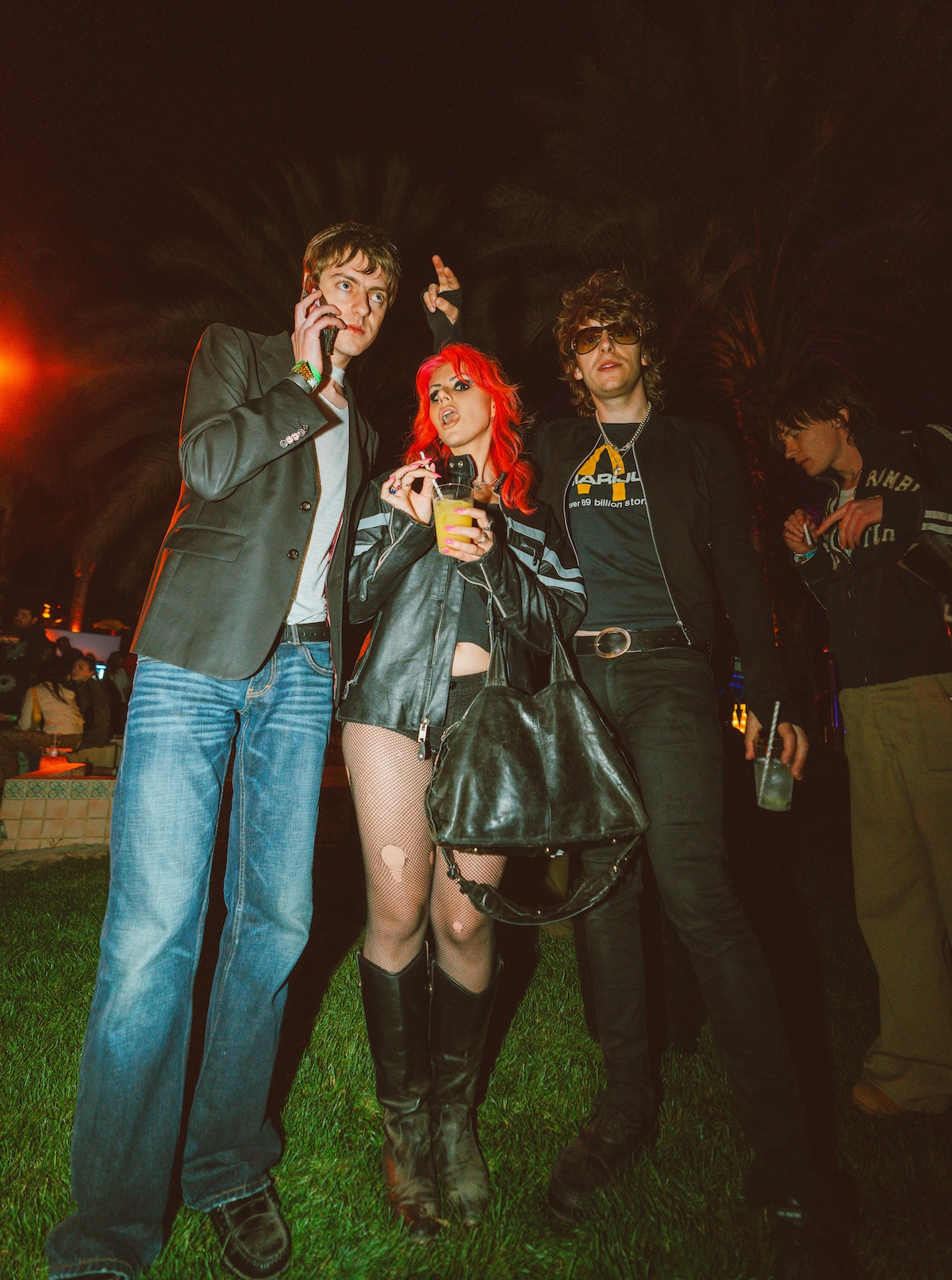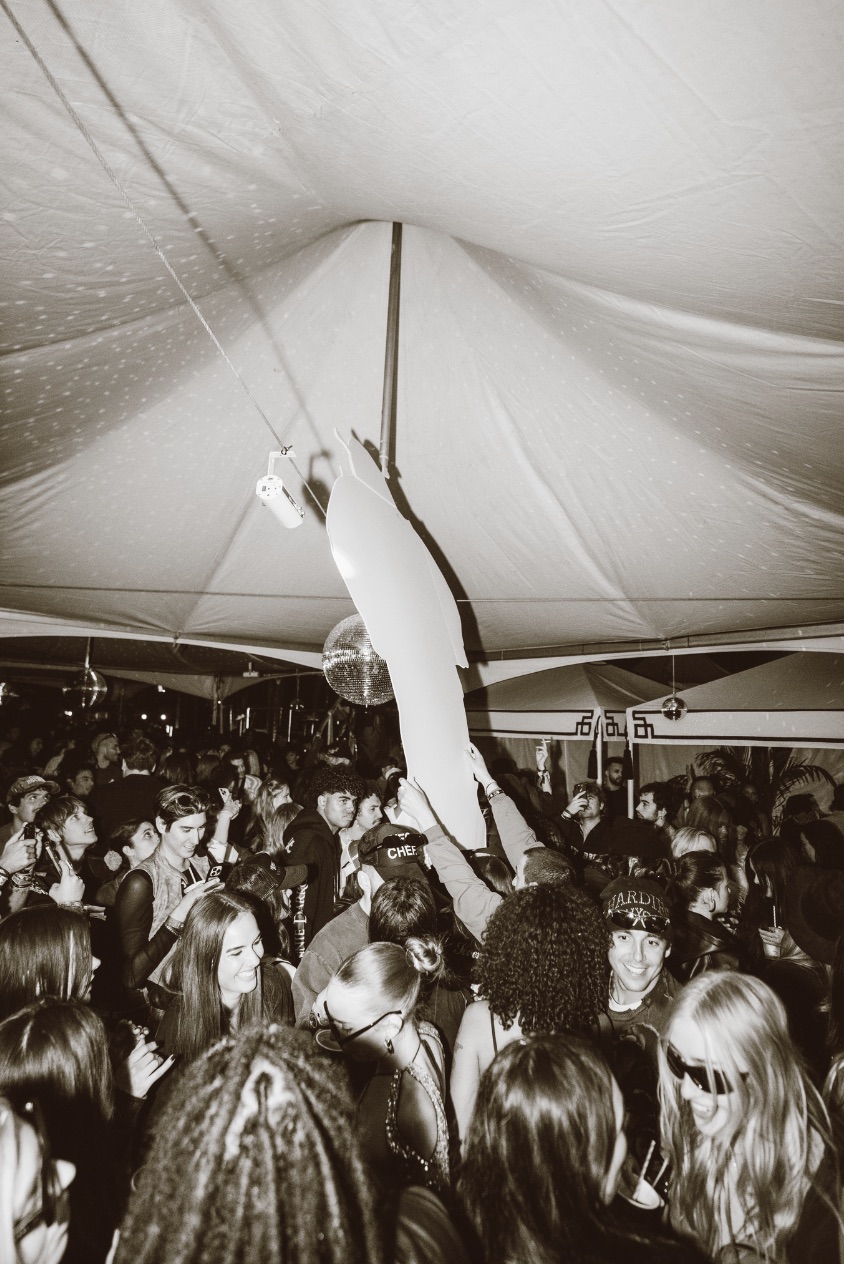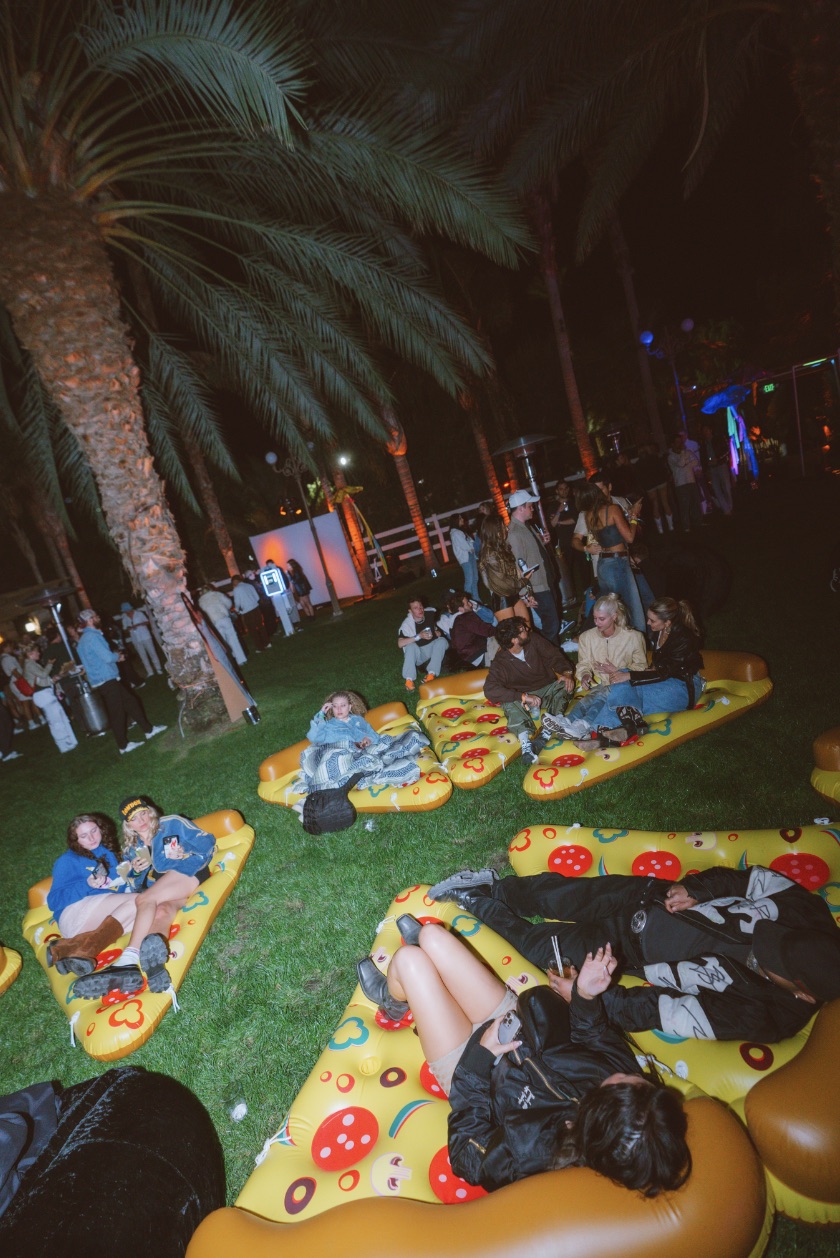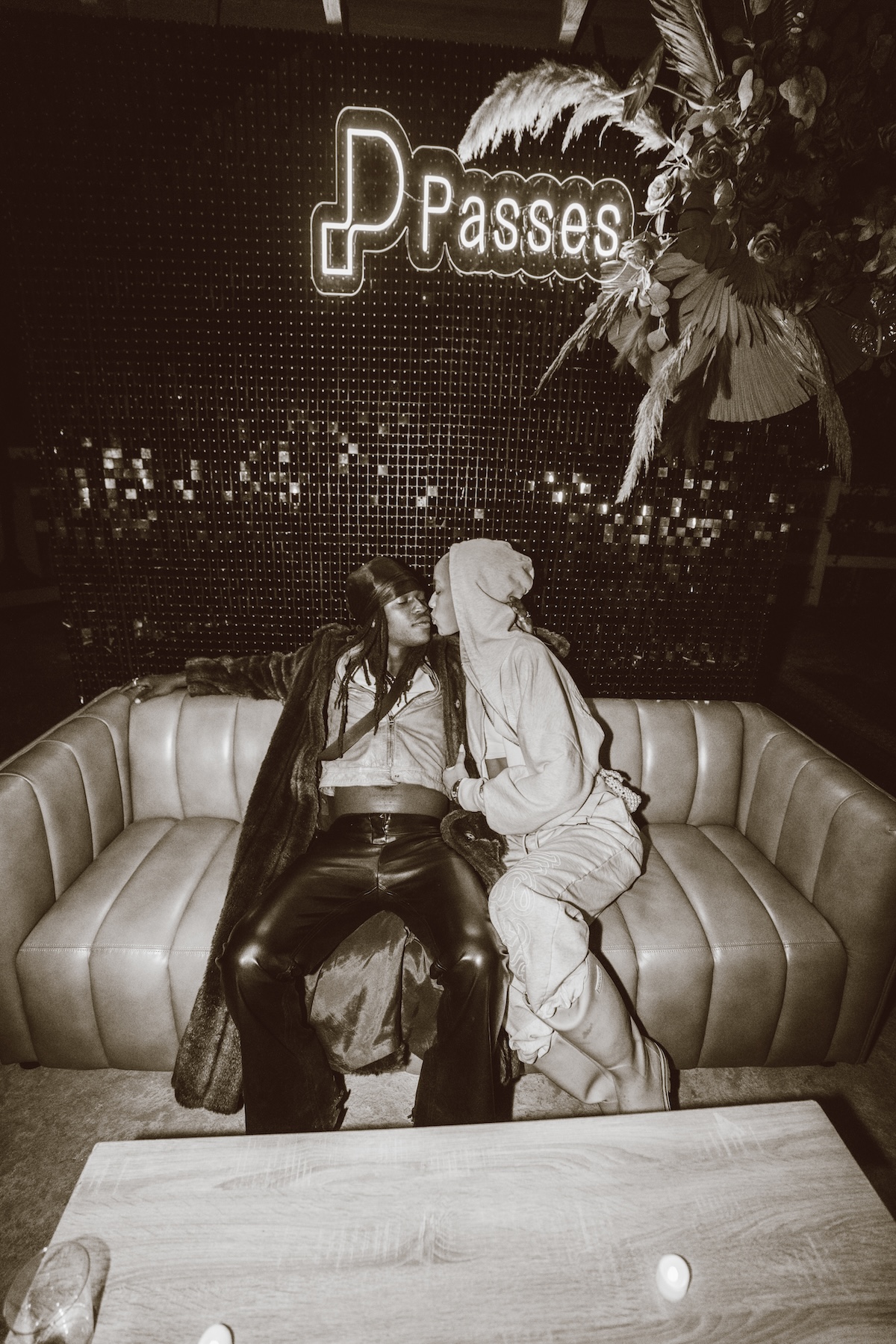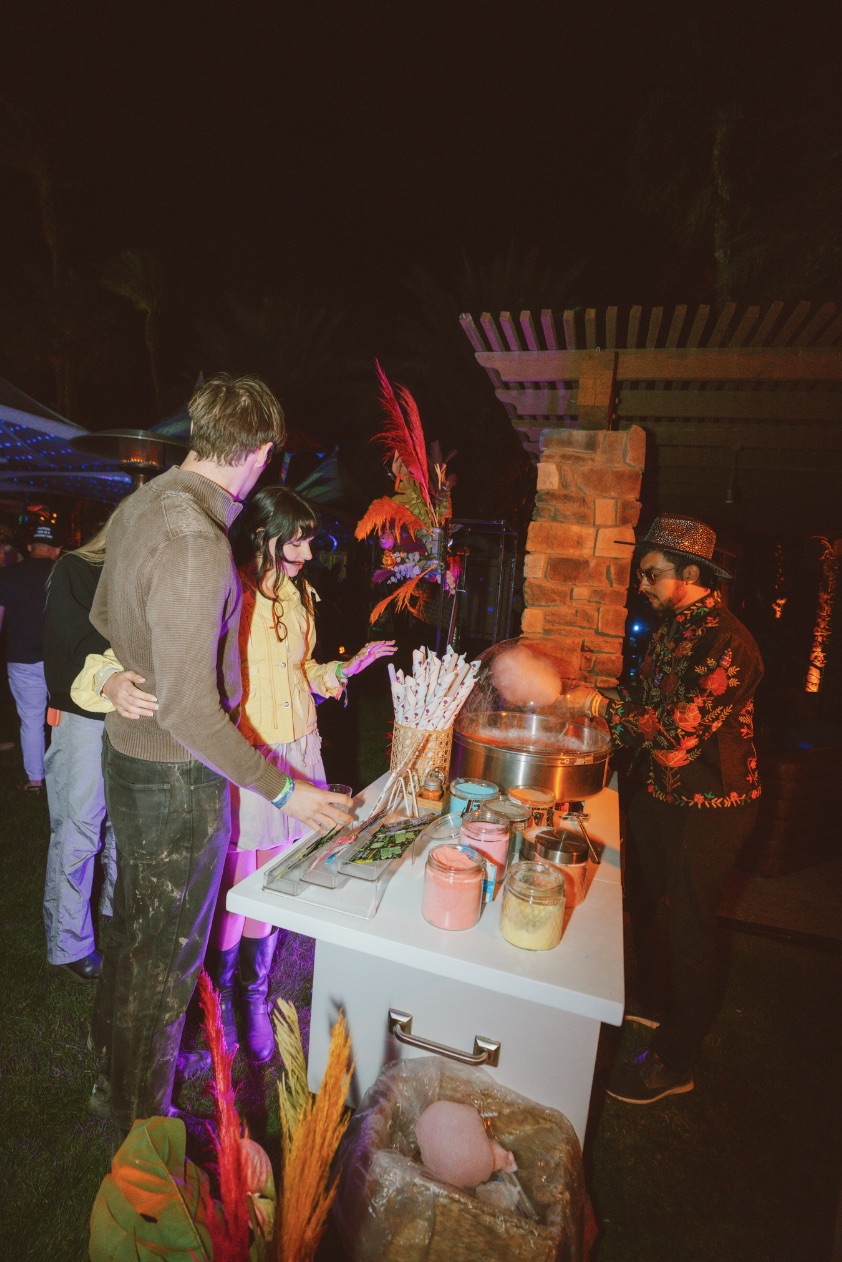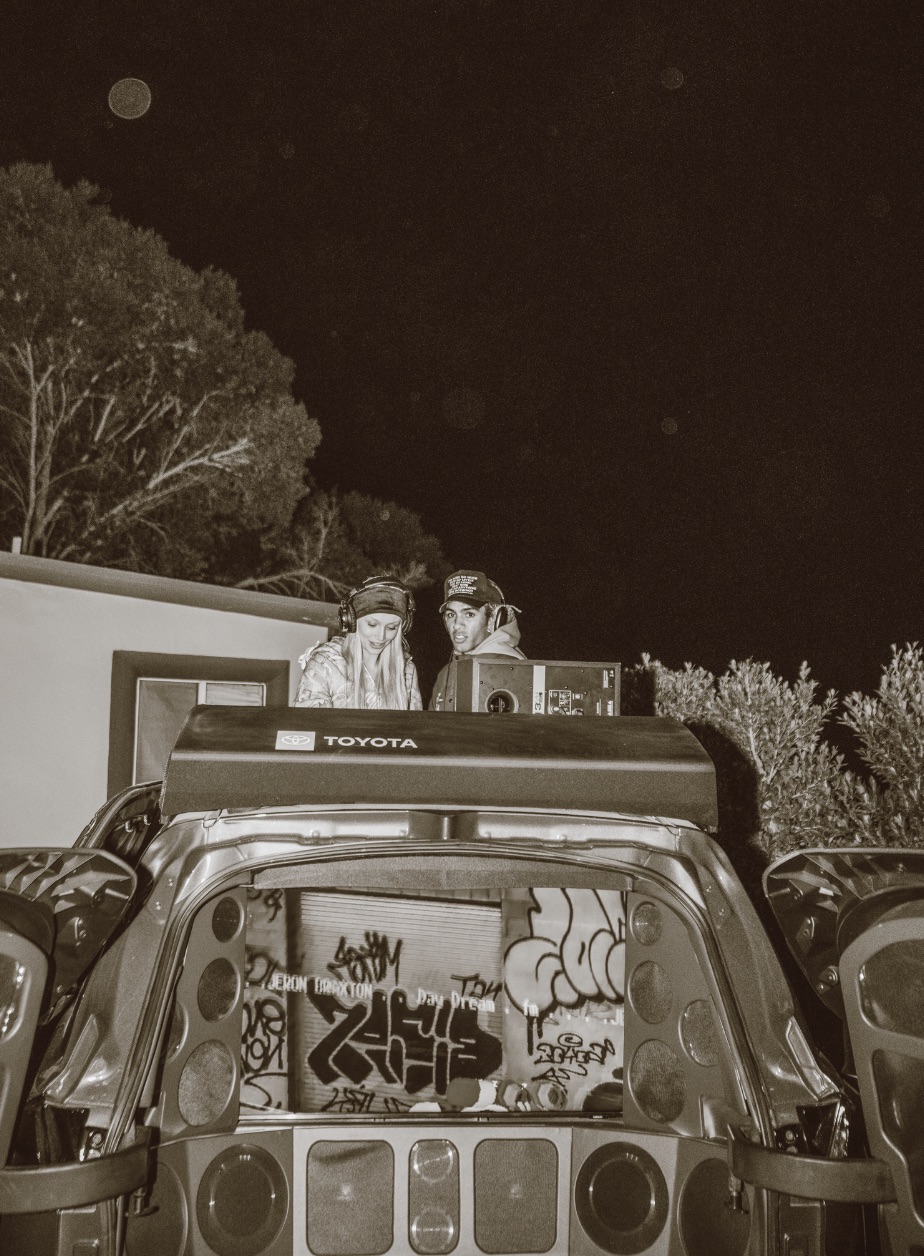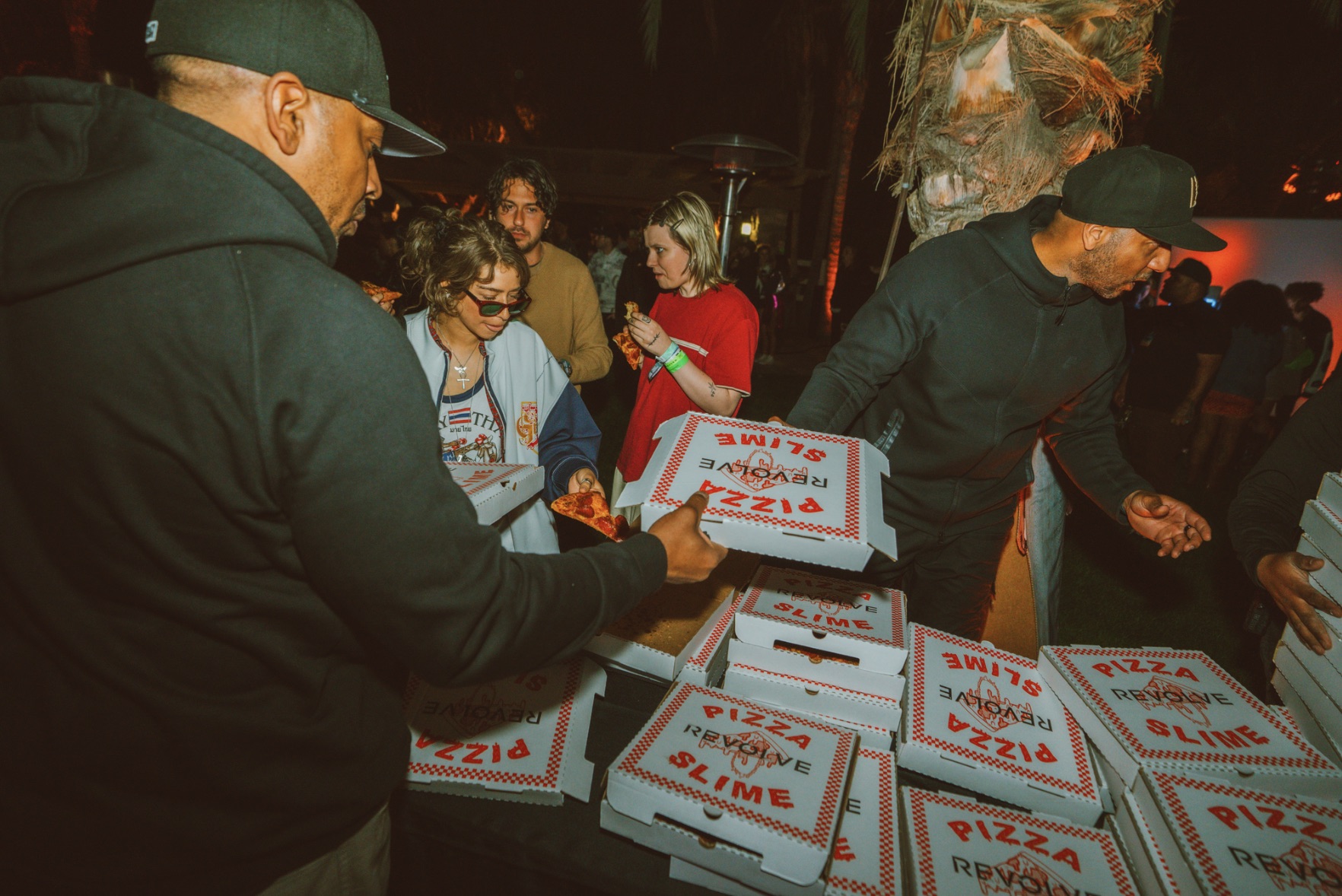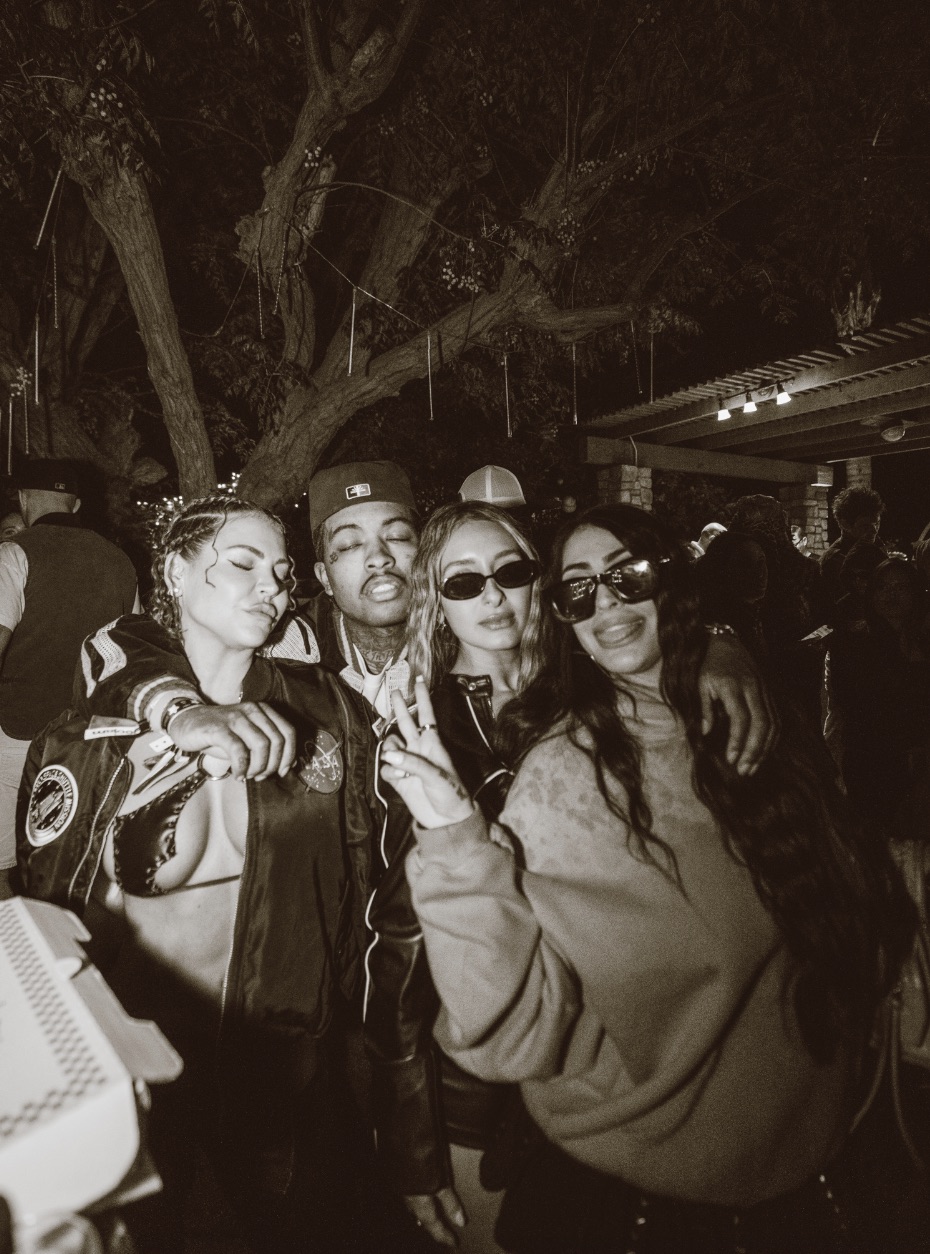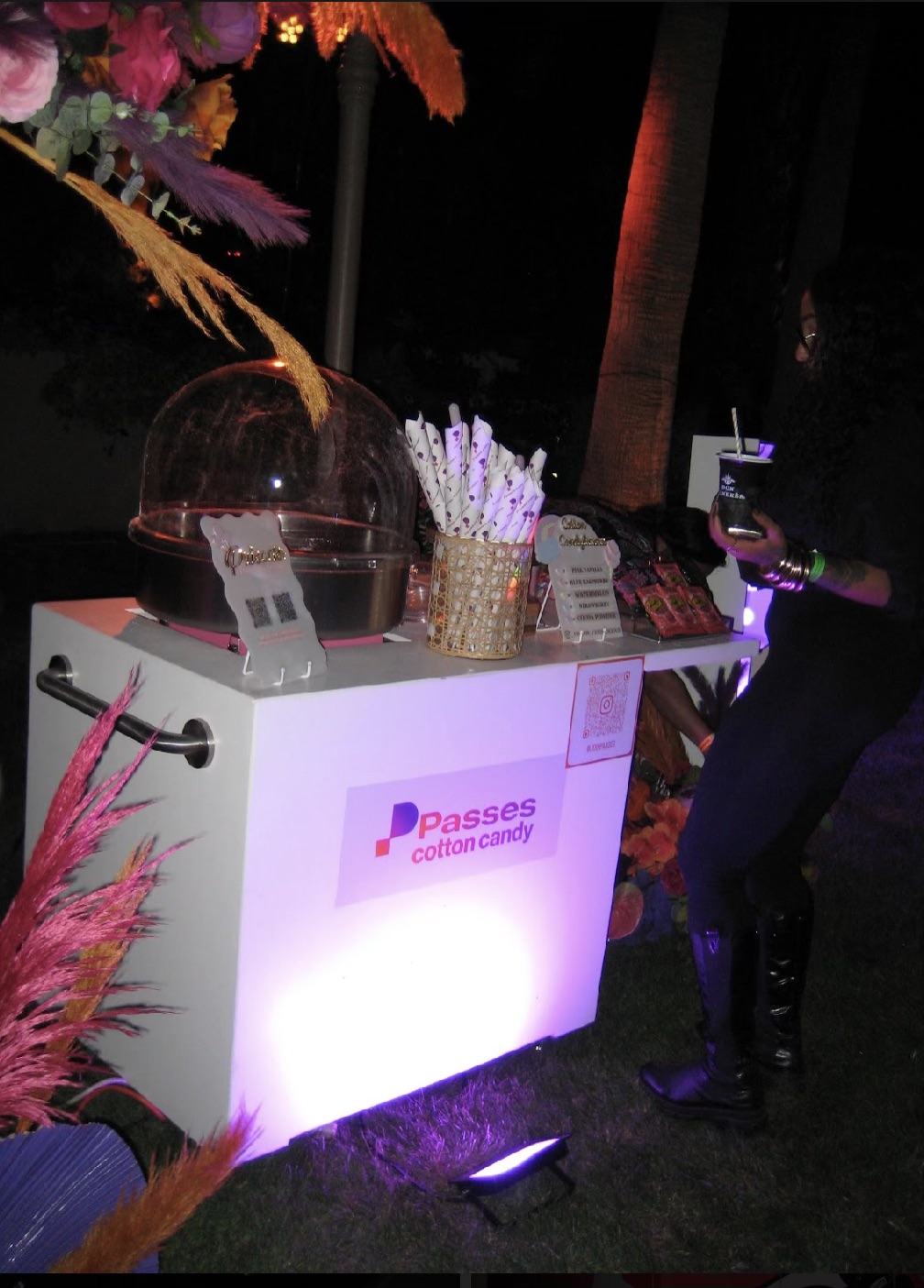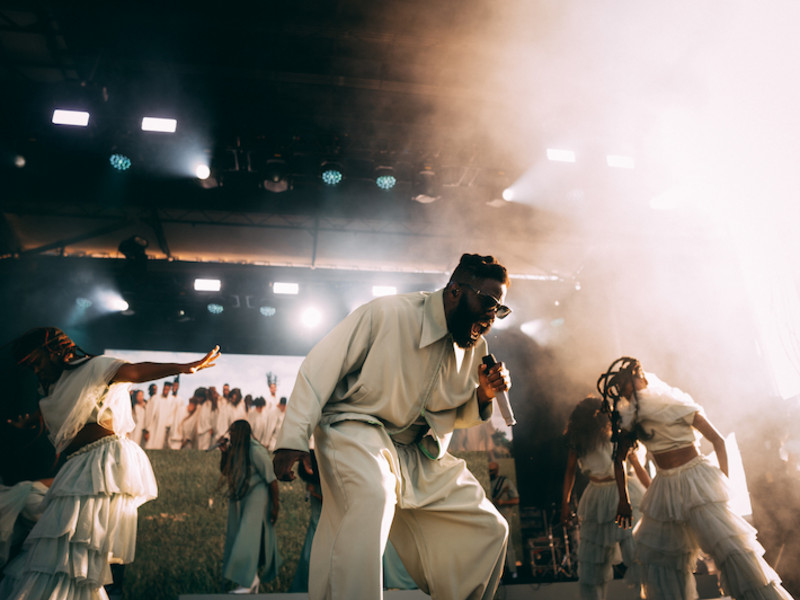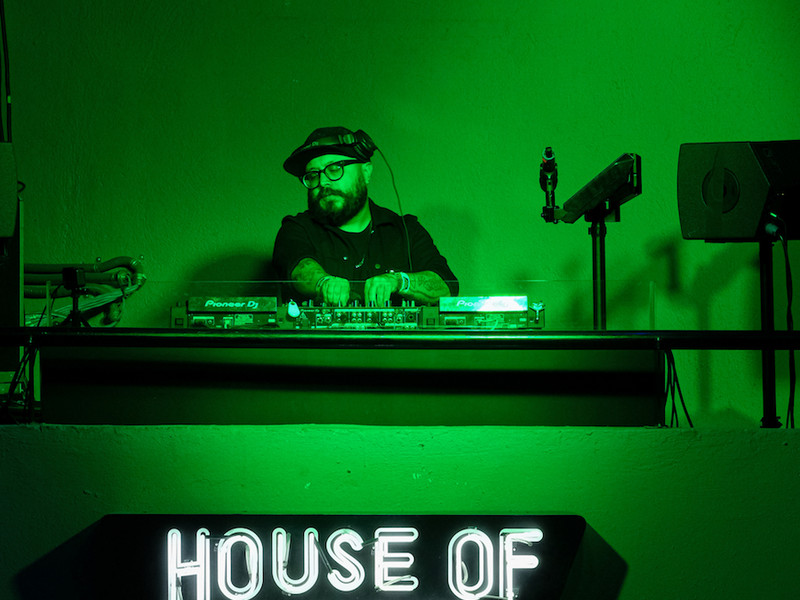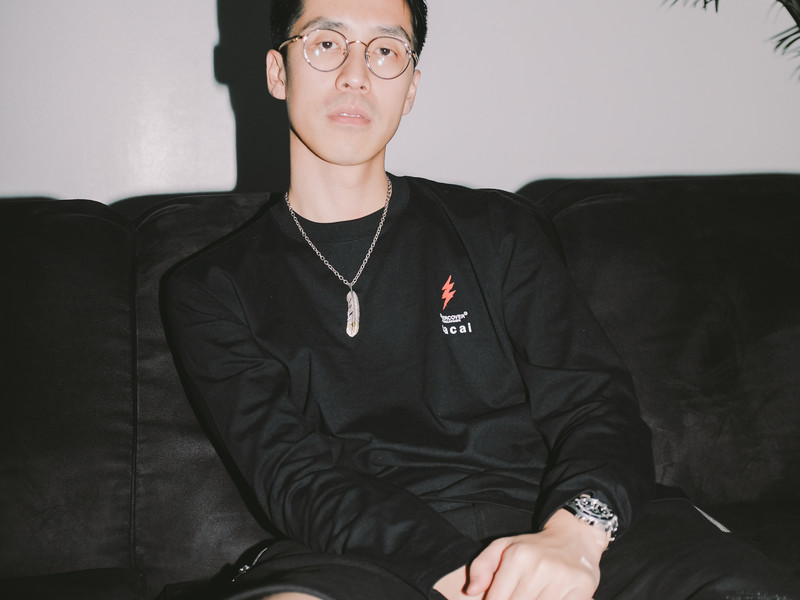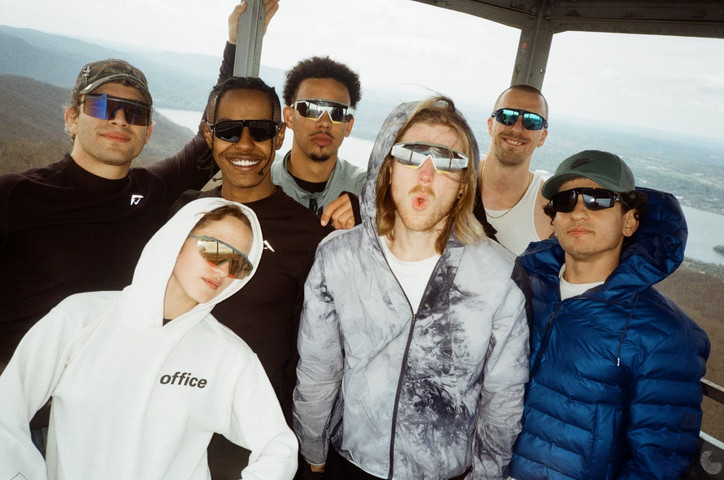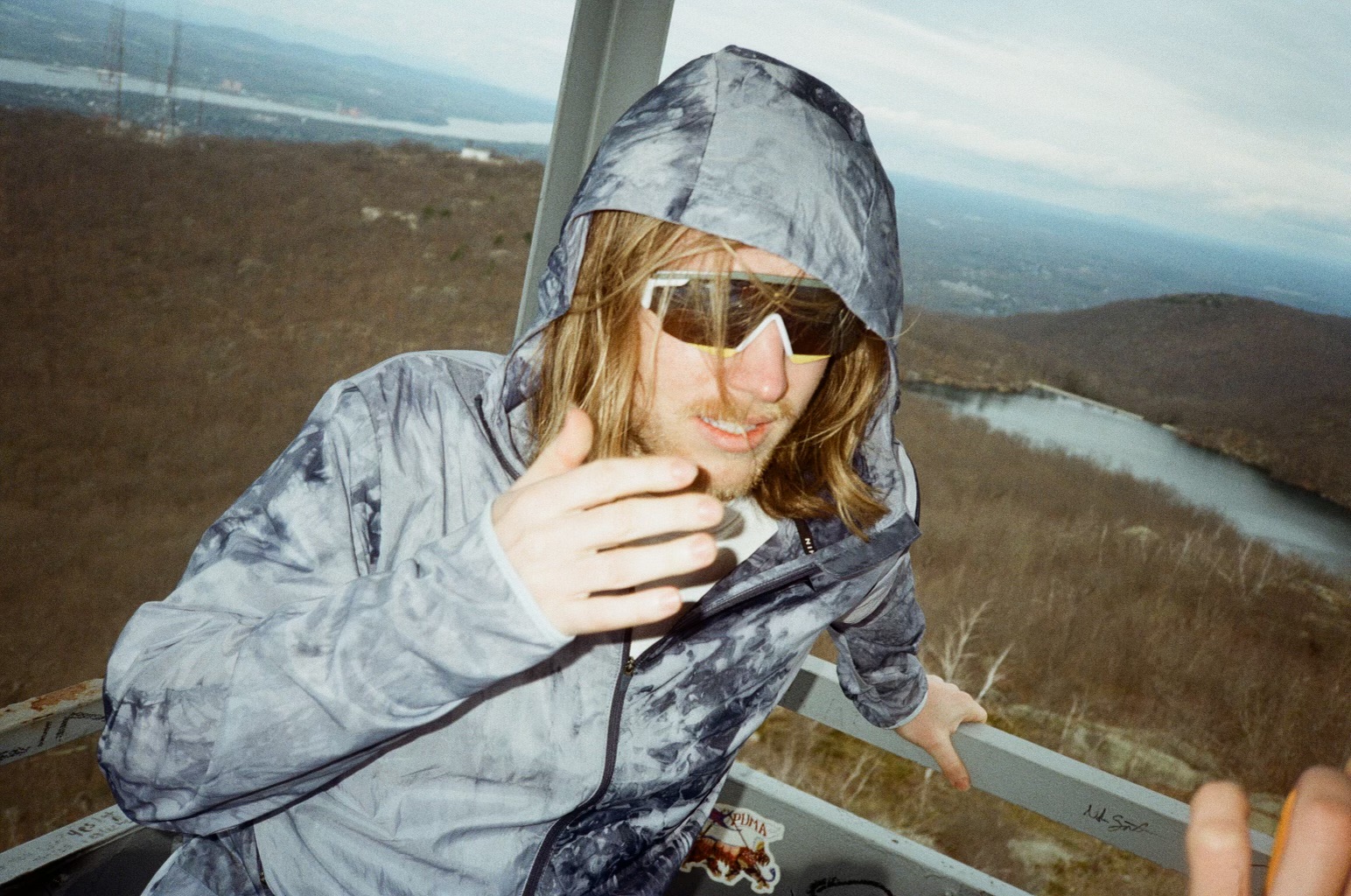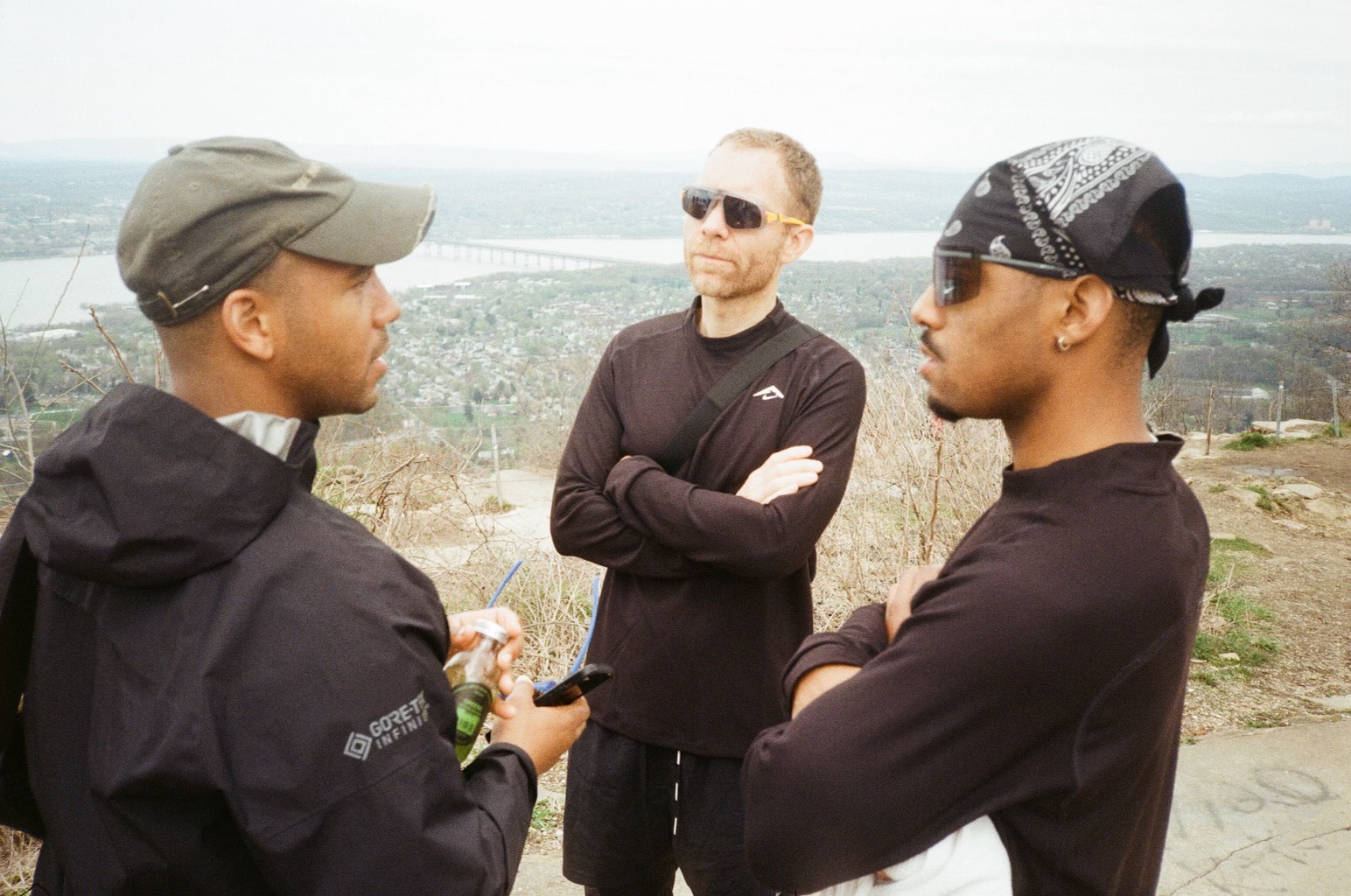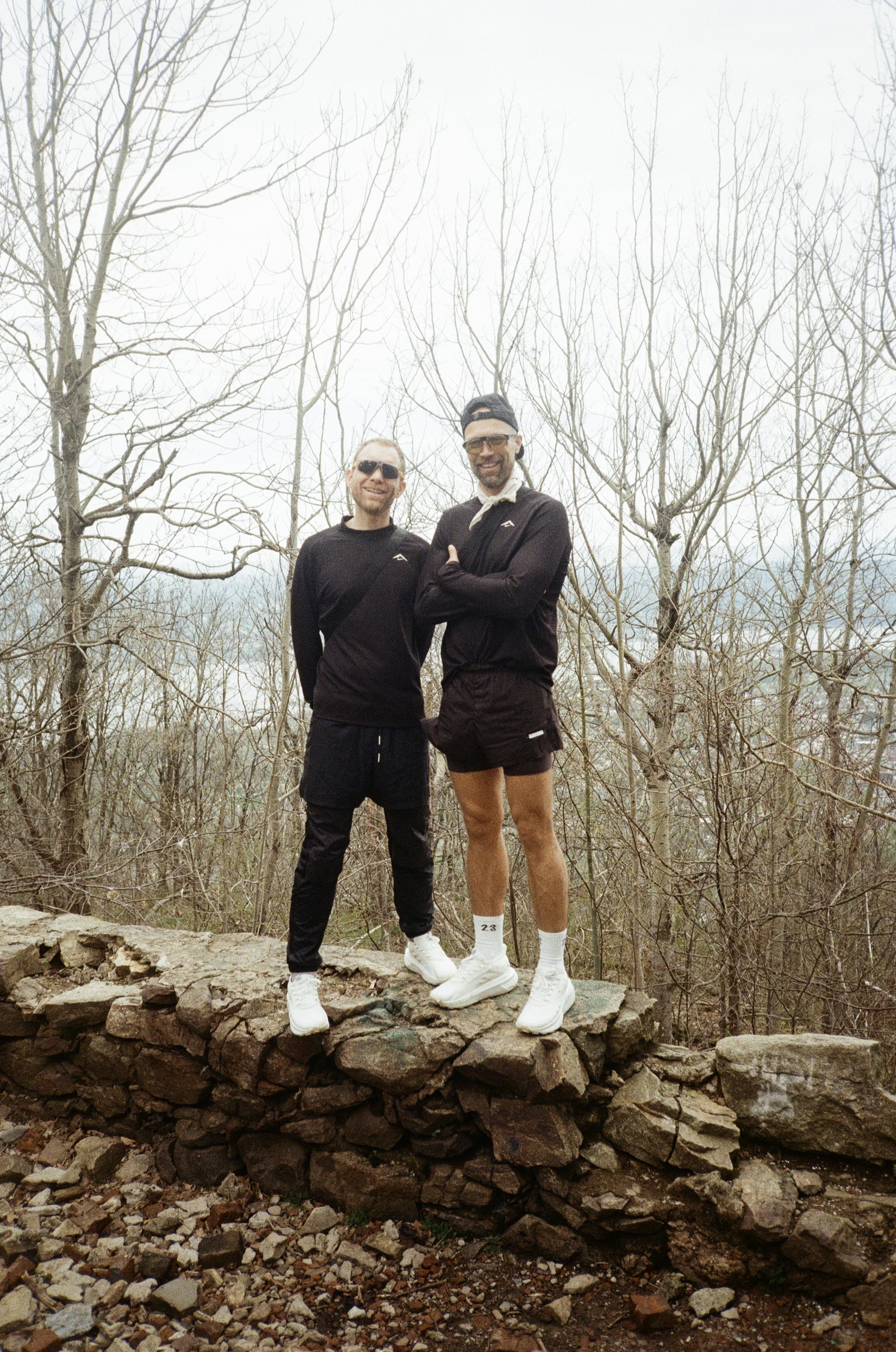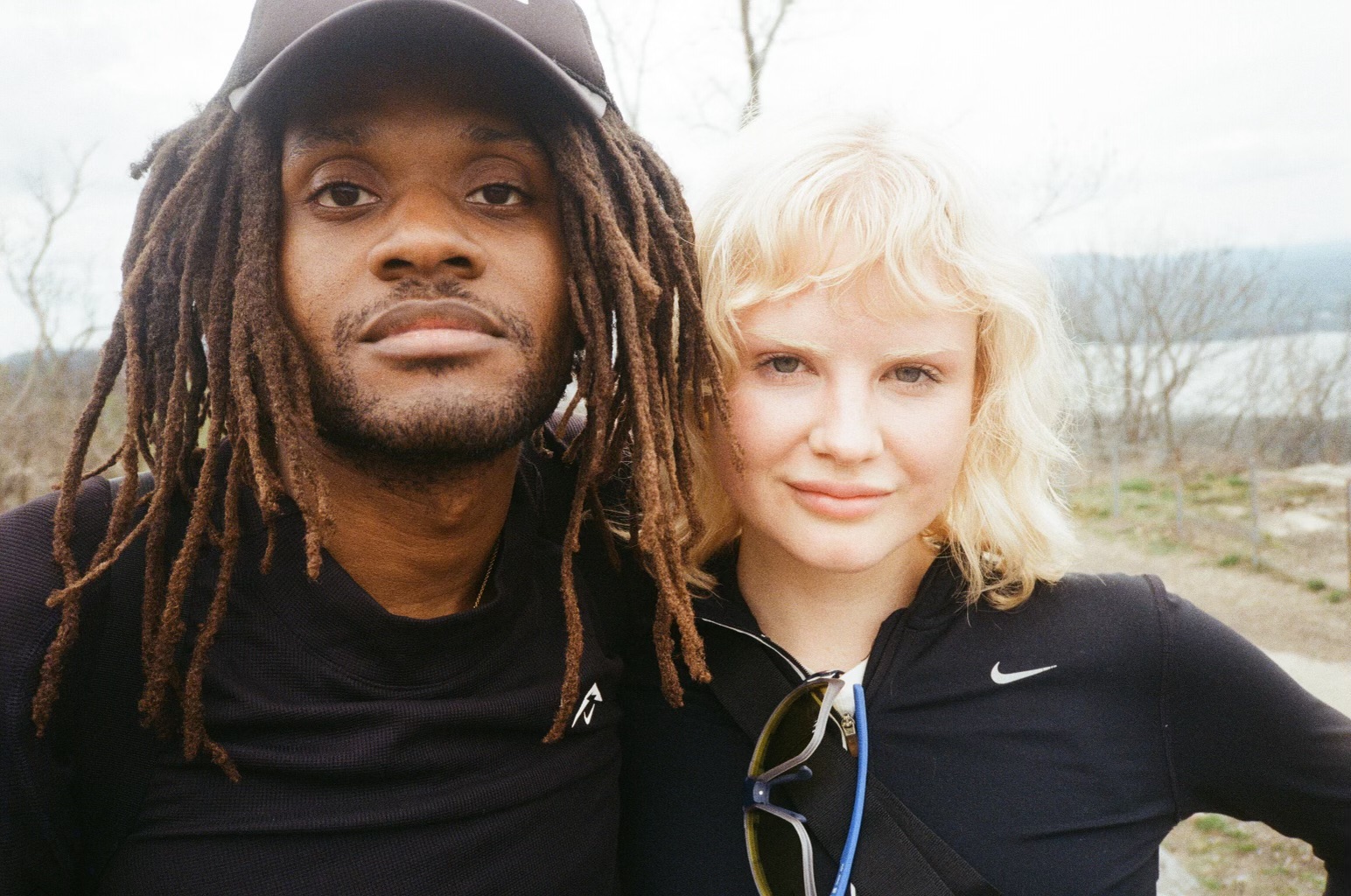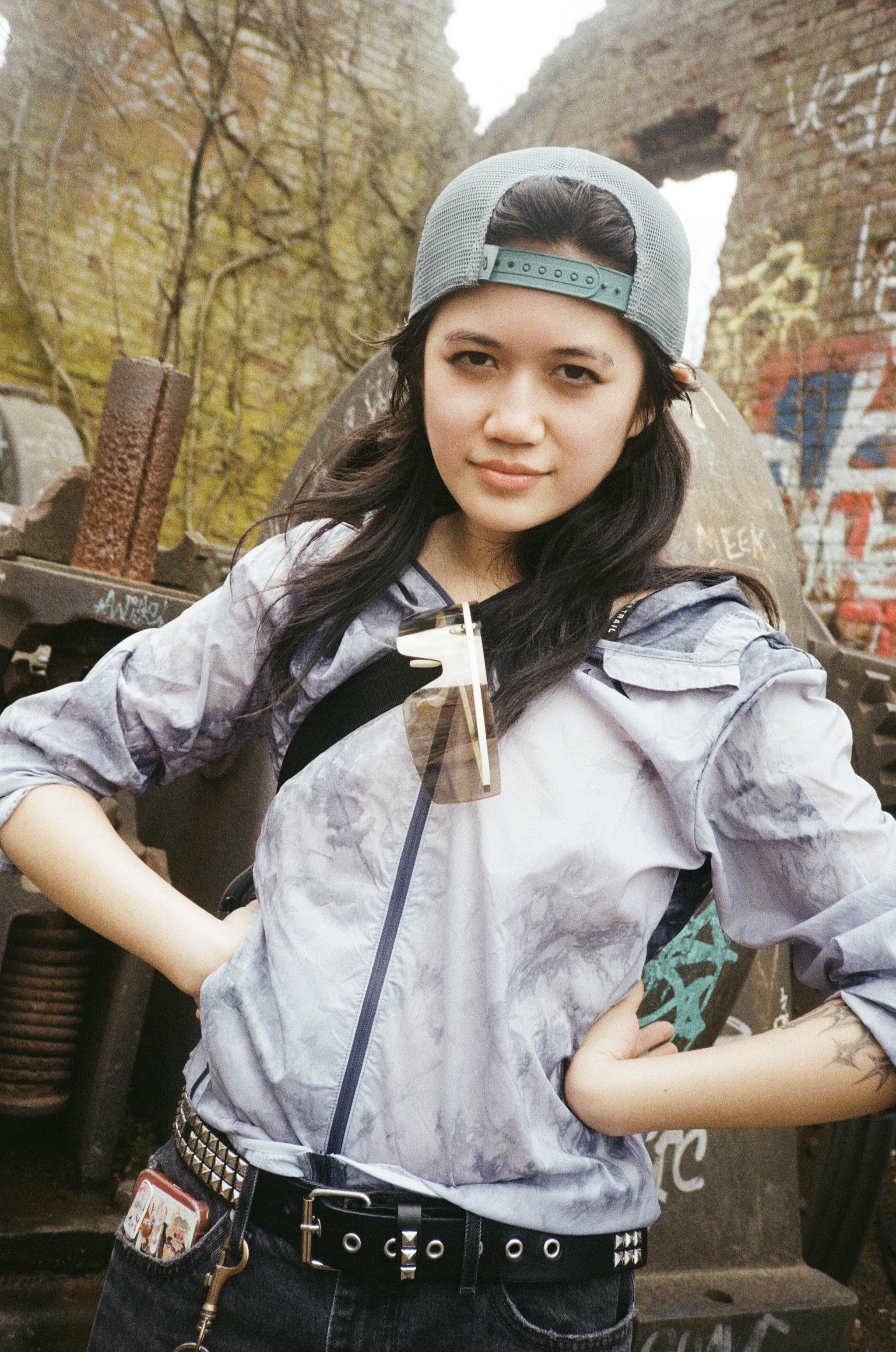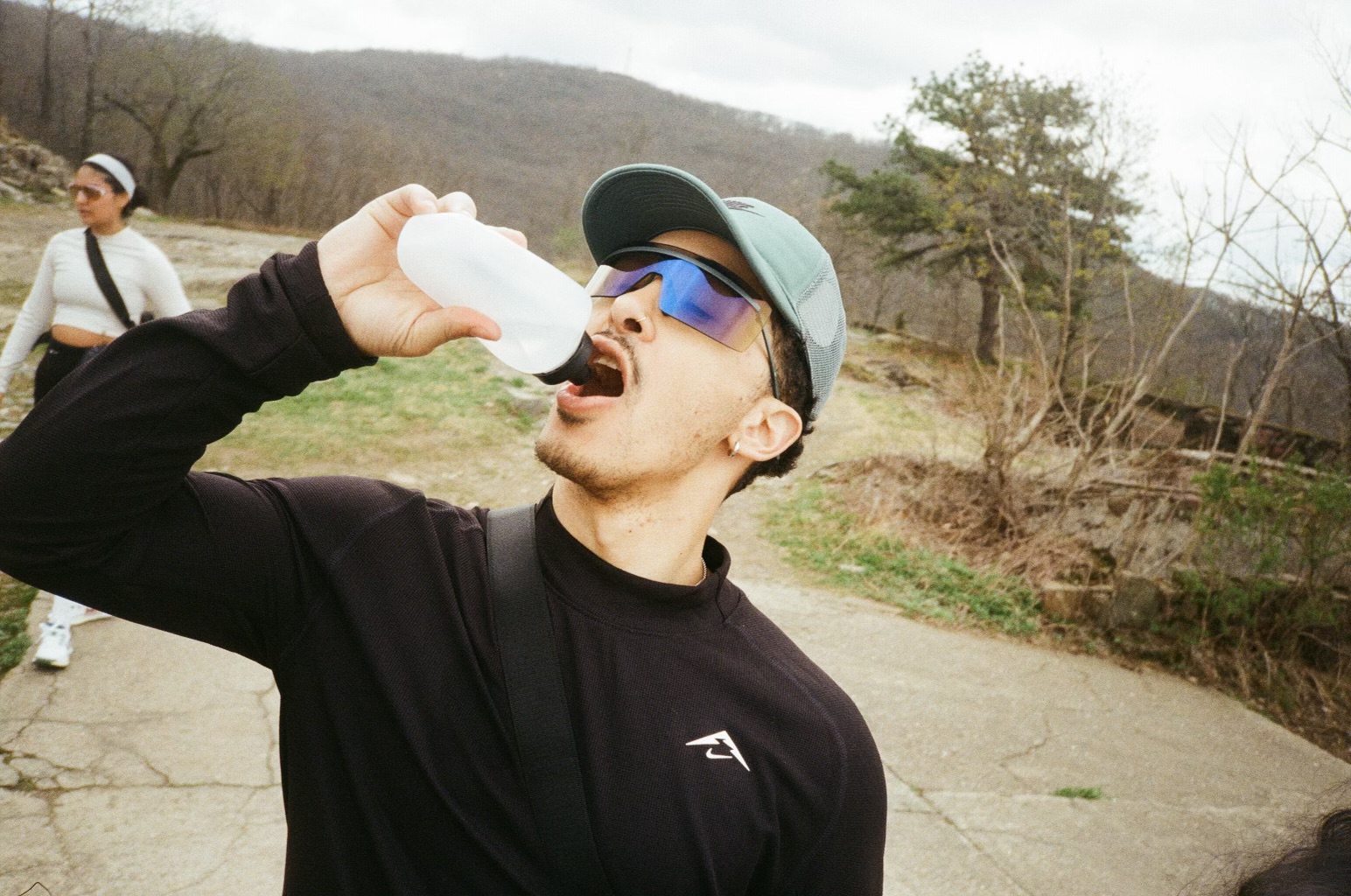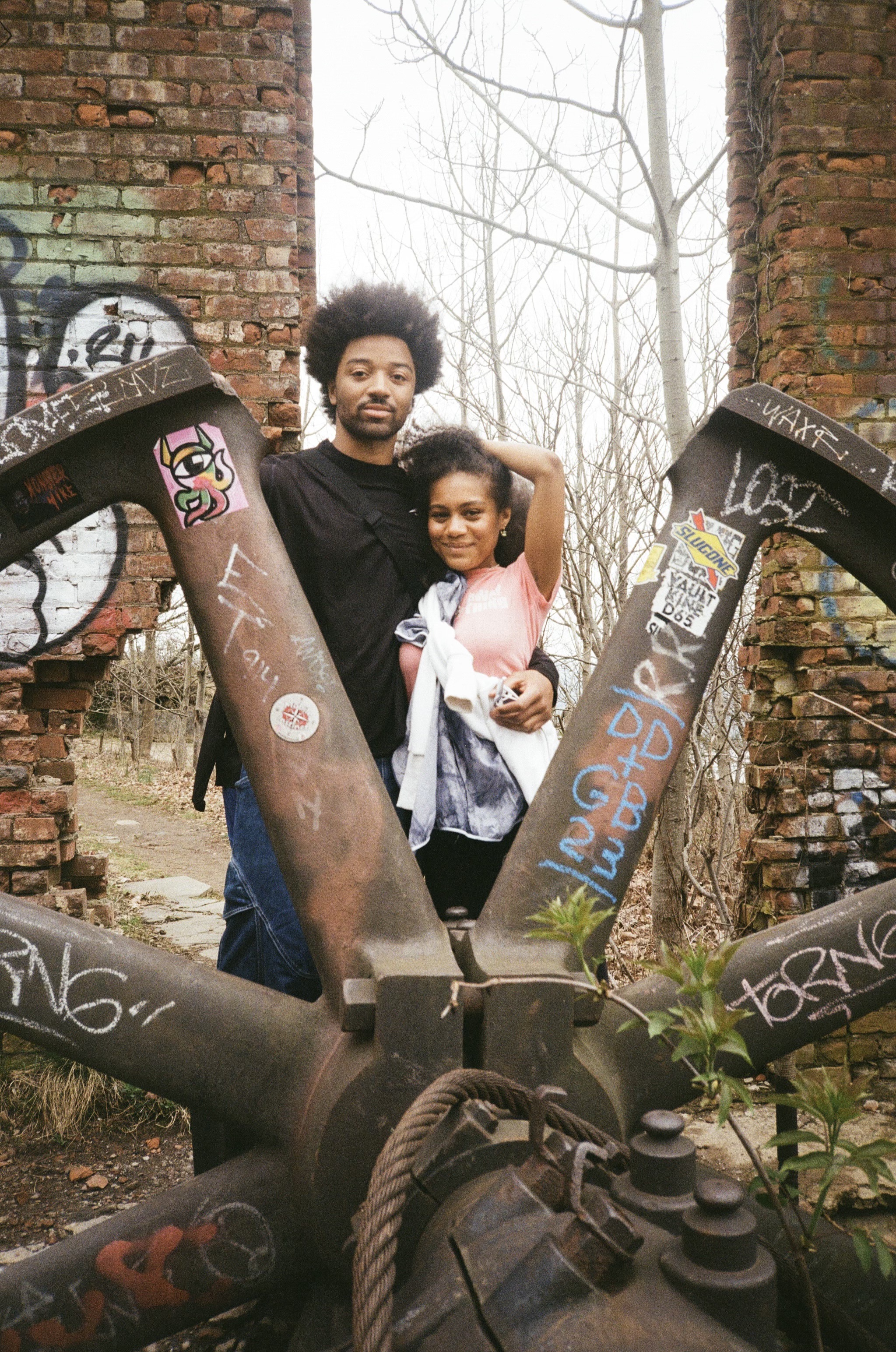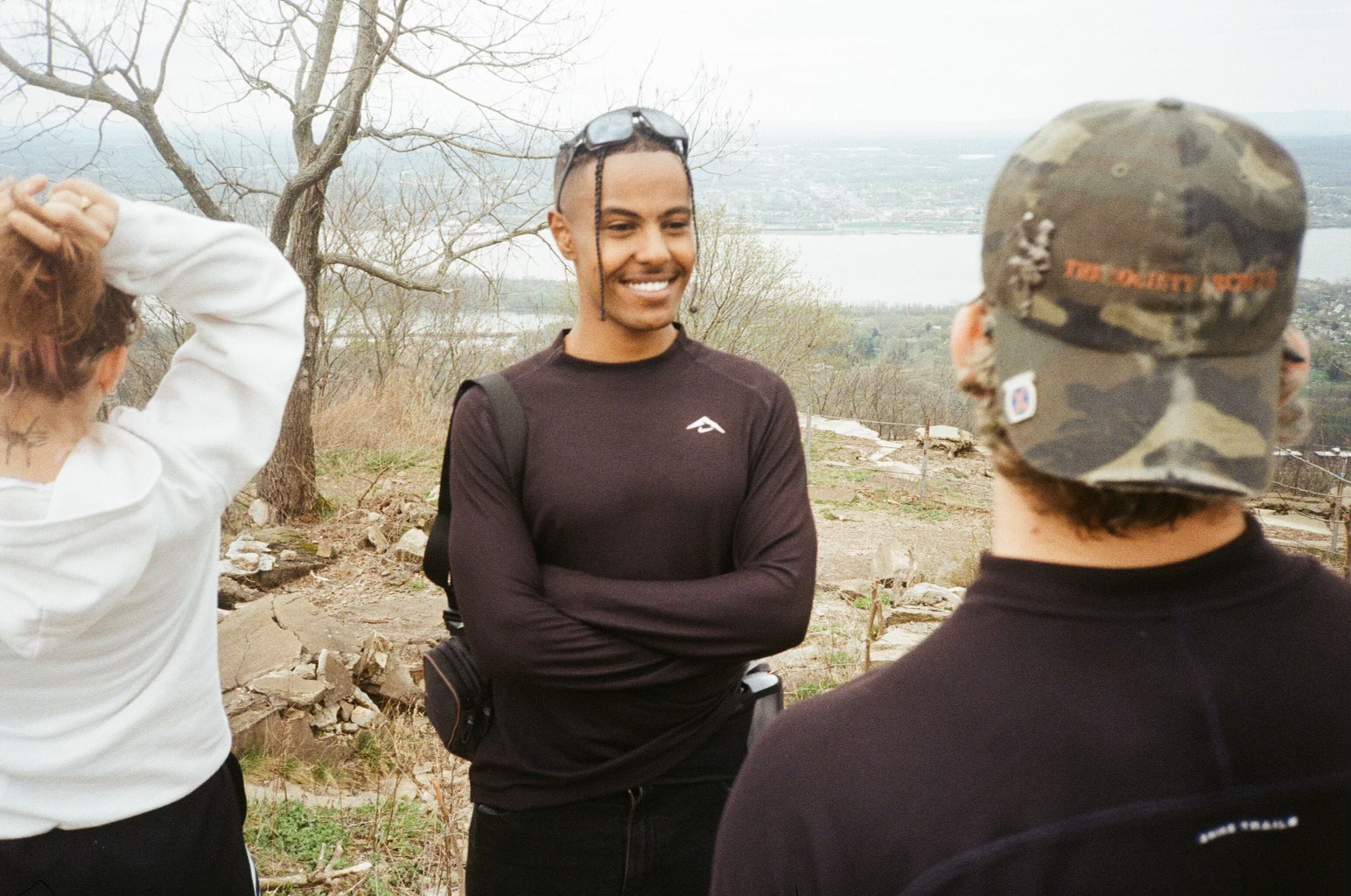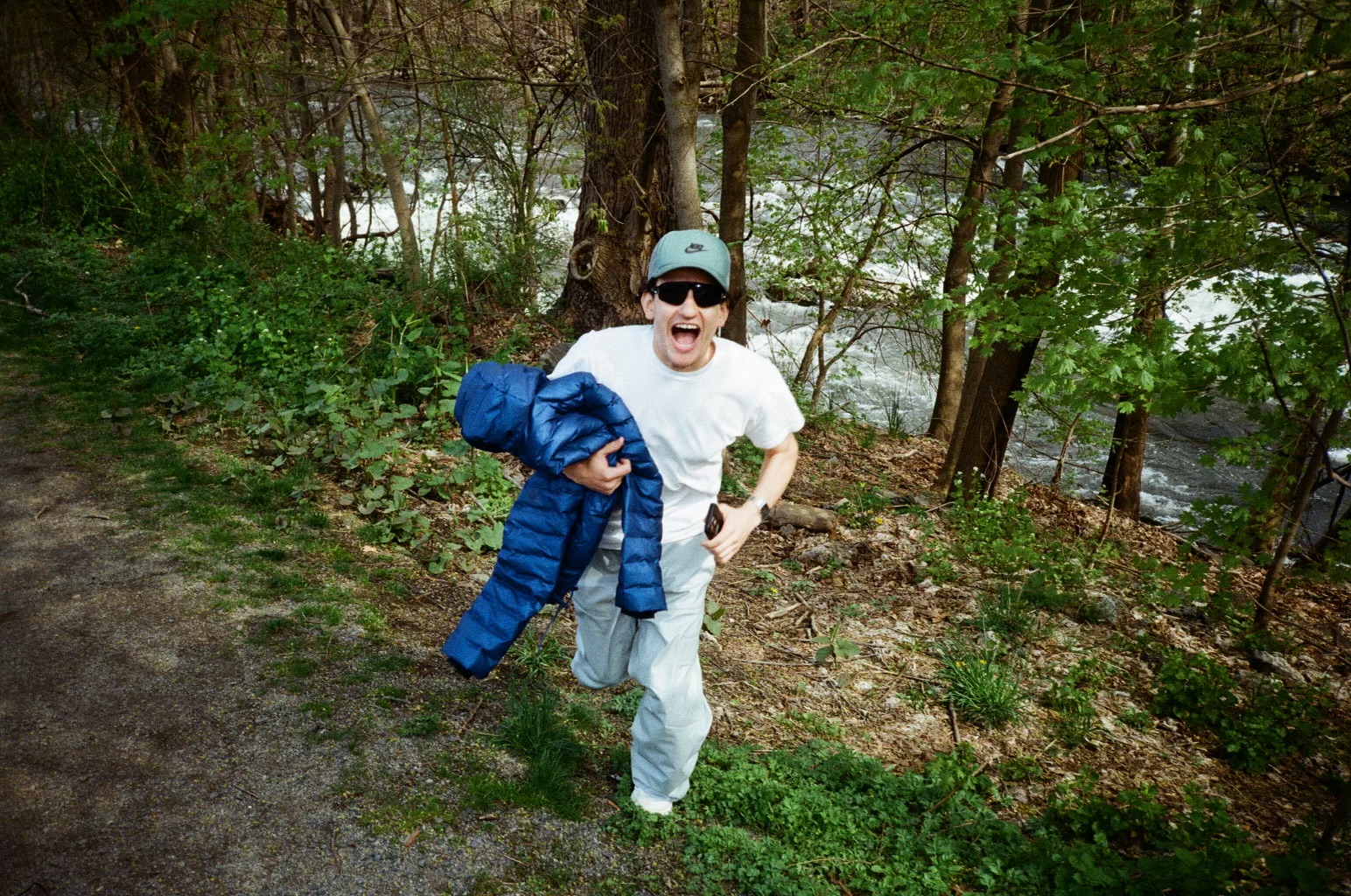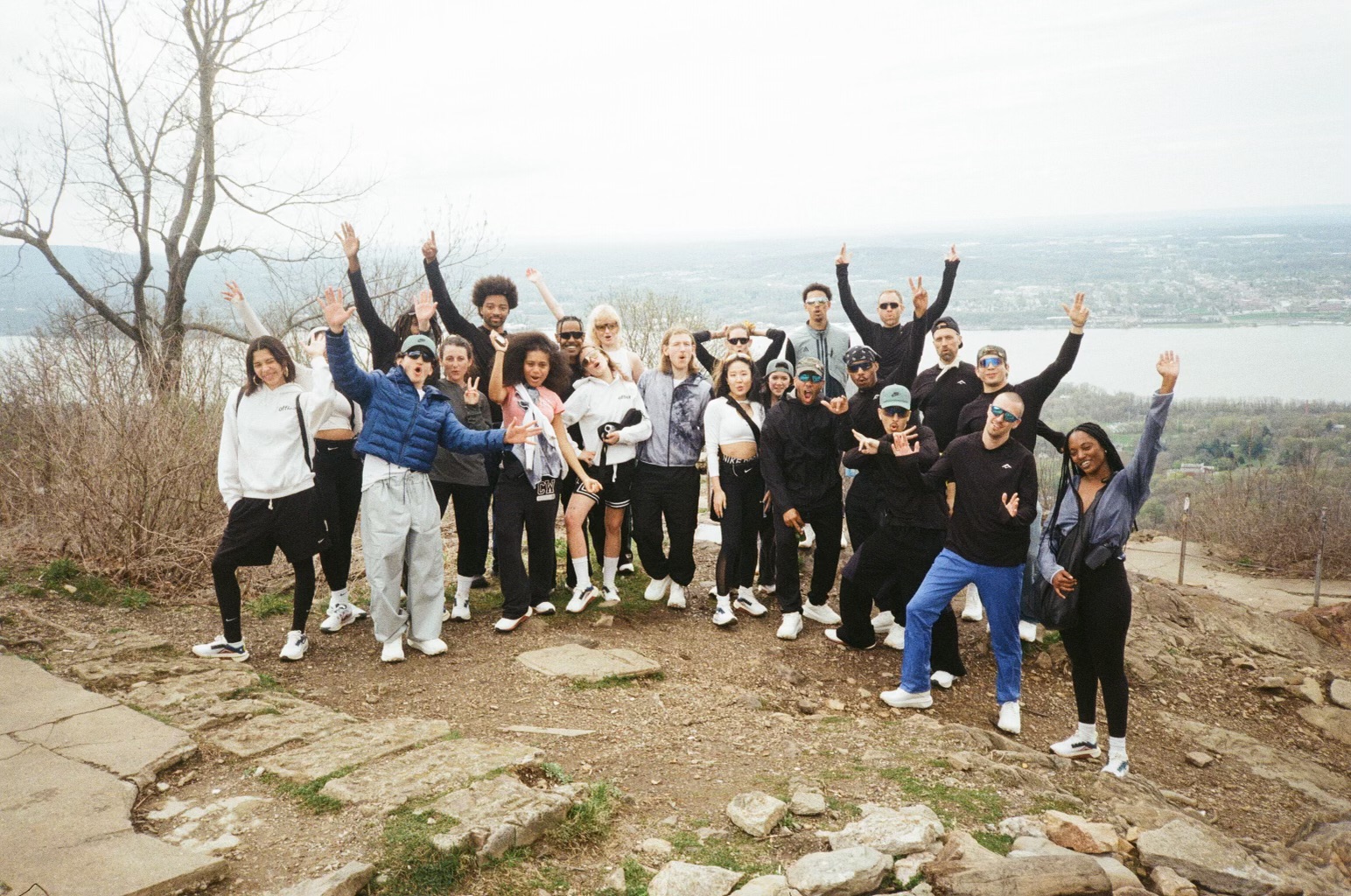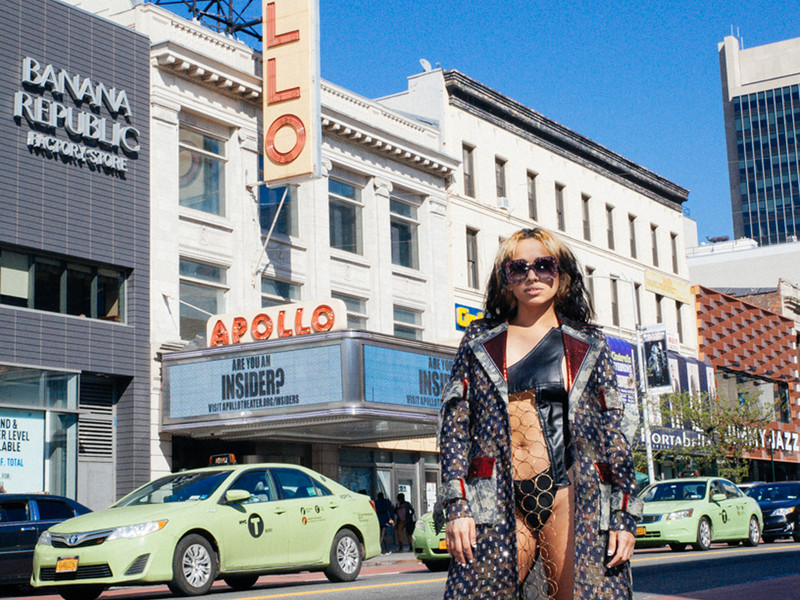Changing the Narrative: As Much As I Can
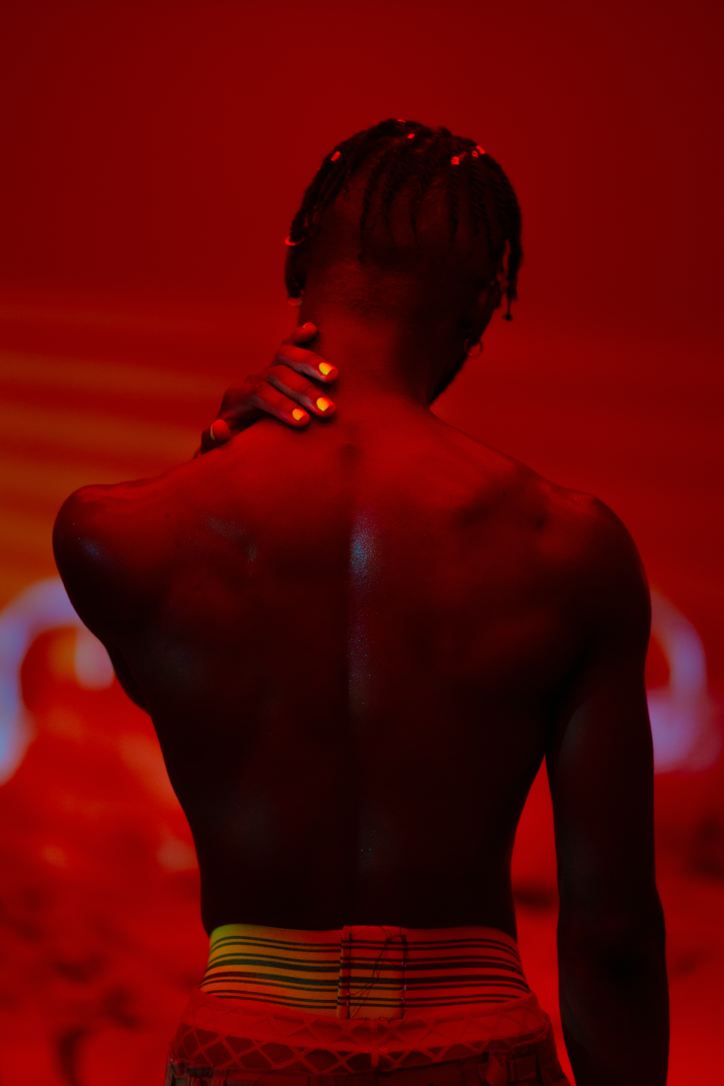
The use of art and theater to spread such messages is an unorthodox approach but one that undoubtedly resonates with viewers more than traditional forms of education. “You can do things that are beautiful, that actually go somewhere, that are connected to community-based organizations,” says Sarah Hall, a writer and producer of the play. “You don't have to sacrifice the fashion. You don't have to sacrifice the set, the entertainment”
For the premiere office traveled to Atlanta, a city with some of the highest rates of new HIV infections amongst Black and Brown individuals, to learn about the community initiatives being implemented and learn how costume designer Jérôme LaMaar aligns the characters’ wardrobes with the architecture and colors in a way that provokes the viewers and helps reinforce the powerful message.
What would you say is the biggest difference between other styling and doing costume design for a play like this?
Well, most styling is what we kind of want to see, whereas this is about how the clothes and the pieces are part of the storytelling. It has to be an extension of the character instead of taking over the character. So when I got a chance to work with them, I wanted to figure out what the environments were going to be like, and then how do we make it feel like they can pull the colors from the environment into the different spaces they move into. And so that's part of my little storytelling. I used the clothing to help world-build with the actual production to make sure it feels dope and authentic.
How'd you get into costume styling?
Sarah was the first person who said, “would you be interested in doing a play?” And I've never done a play in my life. I've always styled people, brands, you name it. And made clothes. So when Sarah approached me for ‘Joe’s Pub’, that was the first time. But the thing is I was just treating it like it was a fashion thing, so that's when I got all the new designers I knew and we just made it fashionable. Like, no one was talking about Telfar. We had a few Telfar bags in there. And again, as a designer of color and a queer person from New York City, I wanted to make sure I tapped into my friends and other emerging designers that I felt needed to have a narrative or a space that looked cool and different. And I was given that opportunity with the play. Who knows where we go next baby, because the bigger we go, the more playful and more interesting and more in depth I can go with each of the characters.

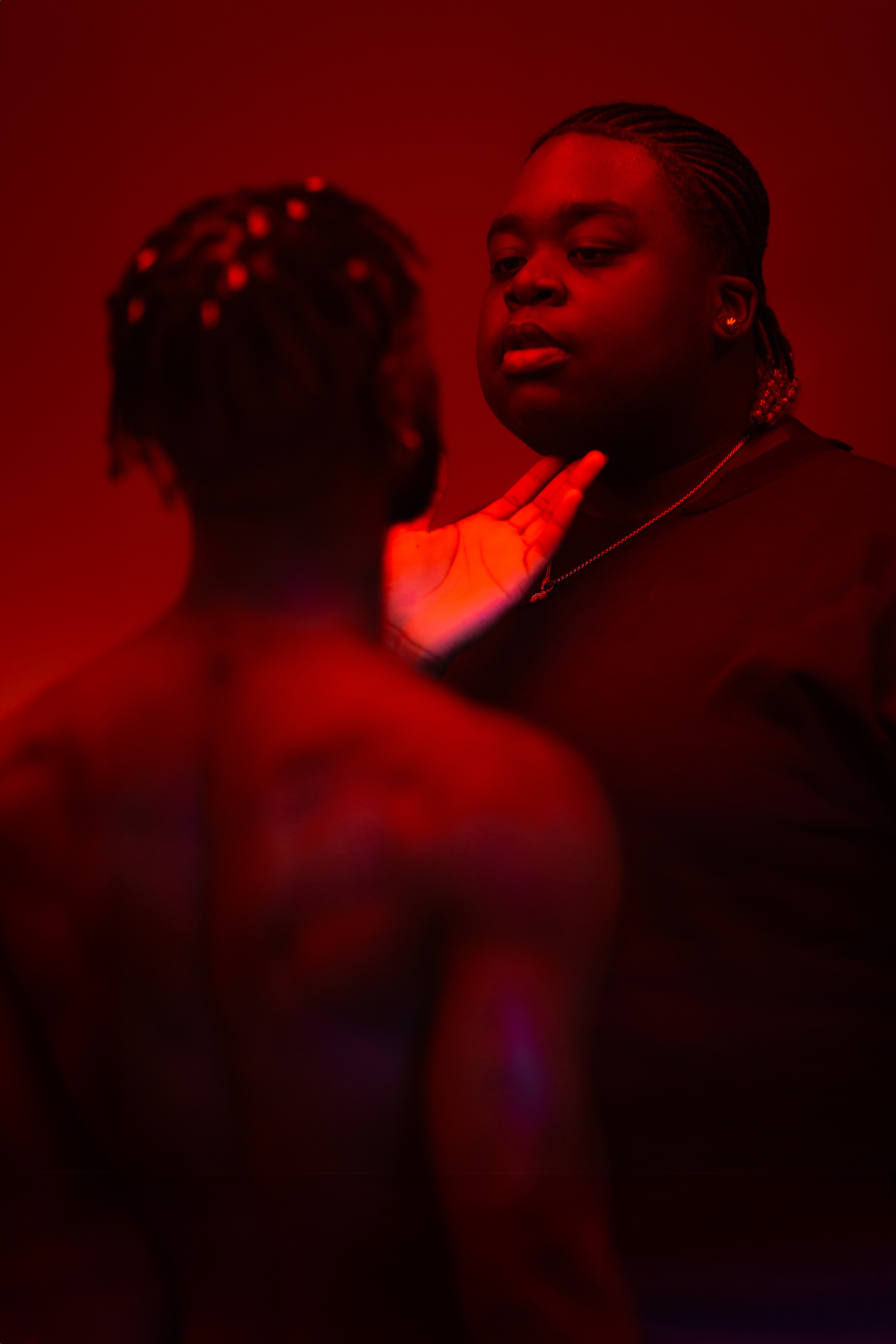
What was it about this play that resonated with you and made you feel like you had to be a part of it?
Well, one, I'm a gay Black male (laughs). No, it just hit home mainly. Everything about the story feels real. It is relatable, it is important. And it is what most Black men, young men, mostly, go through. And while I have an amazing family and I was always supported, no matter what, there are people who don't have the tools. And this was the best way to give the tools to people without them being lectured to and talked down to. This is a great way to show it in a really sexy, playful, and interesting way. I really do love this play, but I love the fact that this was my first time experiencing it inside the environment, so when I came in, it just hit me differently. They were rehearsing and I was tearing up. I'm like, ‘why am I crying?’ Because it was inside this immersive environment.
Did the outfits come to mind as soon as you saw the spaces or did it take some time?
Because I knew the storyline, I already knew how I wanted them to feel and how I thought they should feel. It was really about how the clothes fit on the new characters. I was working with different actors. First of all, Sarah's script inspired me. So going through it and understanding and being a visual person, it just helped me just kind of put everyone where they needed to be.
What do you want people to take away from the play?
I really hope people learn and change a little bit. That's me feeling utopian. We don't even know who has HIV now. And I think that's okay. I think people need to not push people out before they understand all the details and the facts and know that you can live, you can grow from it. And we're in Atlanta, HIV affects almost all the Black and Brown people here. Every year there are new infections. We can't let it go any further. I always say I'm so grateful for this play because it's already shifting people. And this story that's being told needs to be heard and seen by everyone, not just gay men, their mothers, their sisters, their cousins, their uncles. Everyone needs to discover.
